Introduction to Chess-Like Board Games
The world of board games is rich and diverse, with games ranging from the simple and fun, to the complex and strategic. Chess-like board games, which we can categorize broadly as abstract strategy games, have been especially popular across cultures and generations, often captivating players with their deep strategic elements. This article delves into the characteristics of these games, explores several popular examples, and discusses their cultural impact.
Characteristics of Chess-Like Board Games
Chess-like board games share several core characteristics that set them apart from other game types. Firstly, they usually involve two players taking turns with the main goal of outmaneuvering the opponent through superior strategy. These games typically emphasize skill over luck, and random chance is often negligible, which distinguishes them profoundly from board games that rely heavily on dice or card draws. The games are also marked by a clear set of rules and a well-defined playing area, composed often of grids or networks.
Common Elements in Gameplay
Abstract strategy games often feature piece differentiation, where pieces have different roles, movements, and capabilities. Capturing or blocking the opponent's pieces is a prevalent mechanism, requiring players to plan both offensive and defensive strategies simultaneously. The end goal is generally to achieve a dominant position that can force the opponent into a situation with no viable moves, such as in chess's checkmate.
Popular Chess-Like Games
While chess might be the quintessential example, there are many other games in this category that are played around the world.
Go
Originating in China over 4,000 years ago, Go is a game noted for its simplicity and depth. Players aim to surround more territory than their opponent using black and white stones on a 19x19 grid. Despite its simple rules, Go offers complex strategies and has millions of enthusiasts worldwide.
Shogi (Japanese Chess)
Shogi, or Japanese Chess, incorporates drops, a rule that allows captured pieces to be returned to the board under the captor's control. This leads to a highly dynamic game where the tide can quickly change, offering a different layer of strategy compared to traditional chess.
Xiangqi (Chinese Chess)
Xiangqi is another popular variant, played extensively in China and other parts of Asia. Its board includes a river in the middle which pieces must cross, and different starting positions lead to varied strategies from those typical in Western Chess.
Checkers (Draughts)
Checkers is a simpler form of strategy game that still requires deep strategic thinking, especially in its international variants. The game involves diagonal moves and jumps over opposing pieces, aiming to capture all or block the adversary’s pieces.
Cultural Impact of Chess-Like Games
The cultural impact of chess-like games is extensive. They have not only served as leisure activities but have also been tools for strategic thinking and education. Historical leaders and intellectuals have often espoused the benefits of learning these games for improving problem-solving skills, mental discipline, and perseverance.
Modern Competitive Scene
The rise of international competitions and online gaming has propelled these traditional games to global audiences, establishing vibrant communities and a new generation of players. Tournaments for games like chess and Go often draw participants and viewers from around the world, underscoring the universal appeal of these strategy games.
Conclusion
Chess-like board games remain a cornerstone in the domain of mental and strategic challenge. Whether it is the traditional chess, Go, or any other similar game, they continue to captivate with their depth, complexity, and the intellectual challenge they render. Exploring these games offers a fascinating window into human intellect and culture, highlighting the profound role games play in education, cognitive development, and intercultural exchange.
Explore our large collection of luxurious chess sets!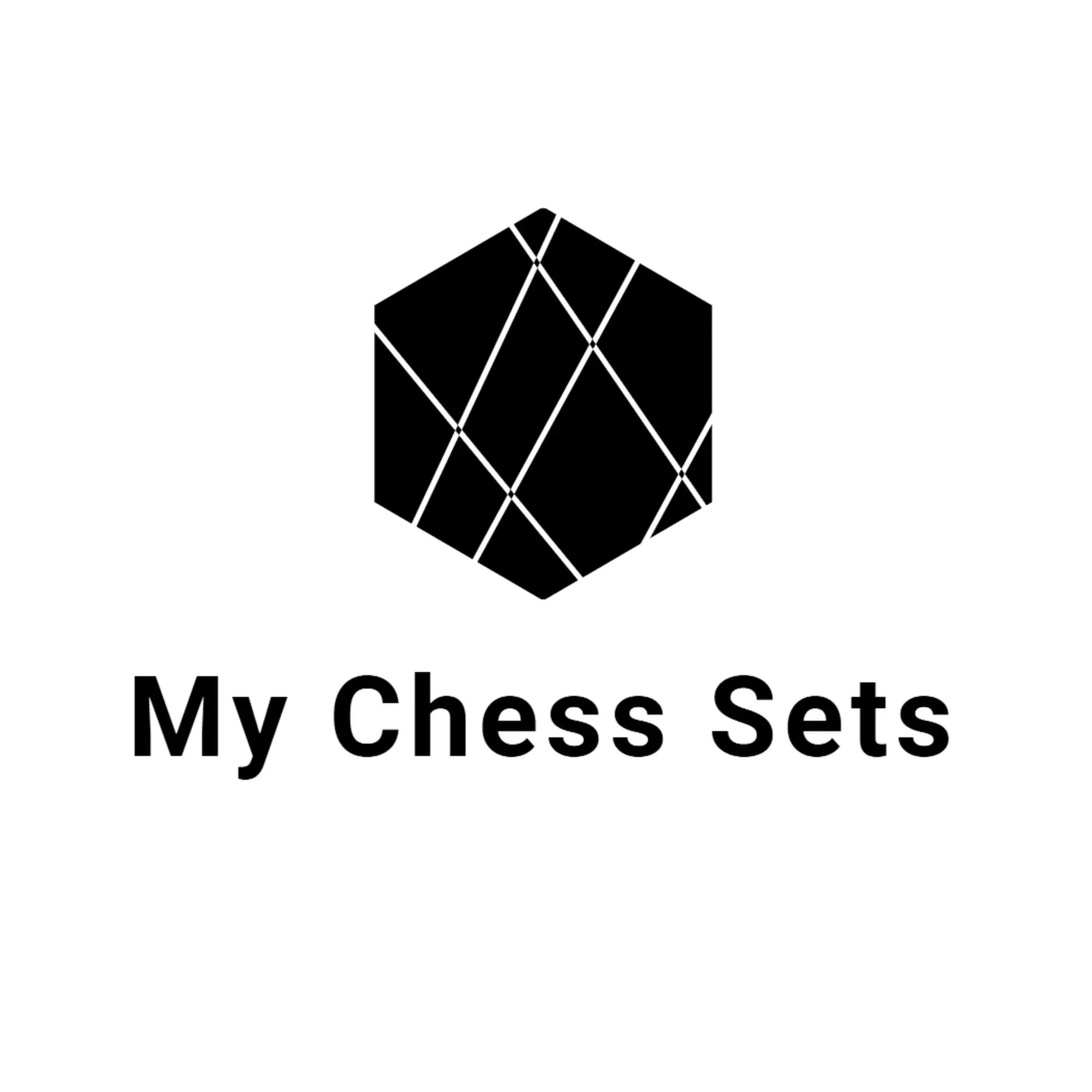
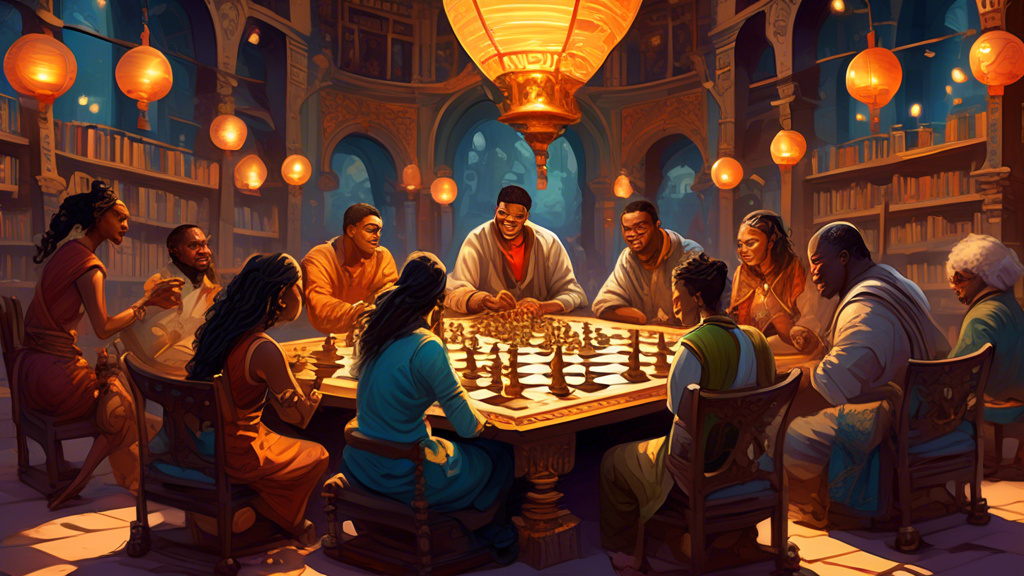
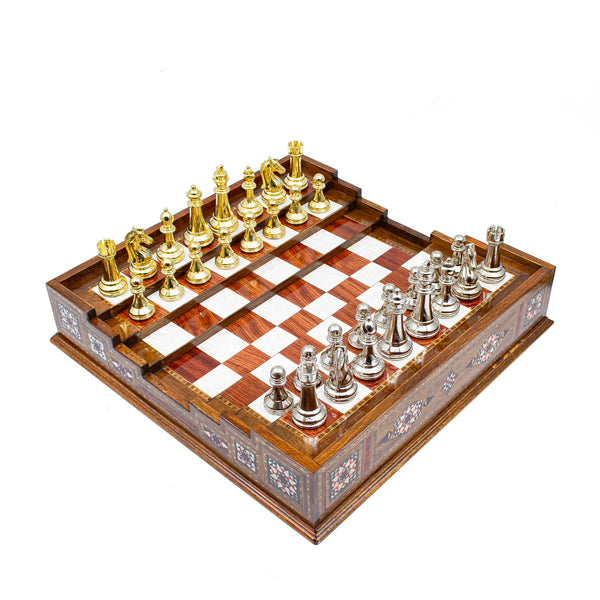
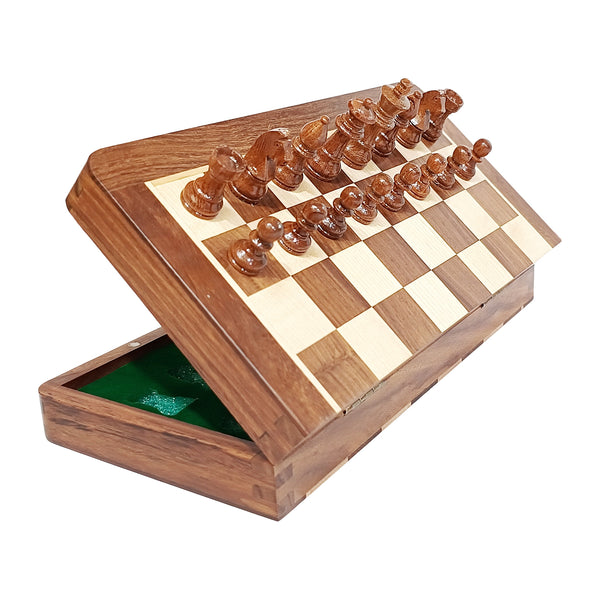
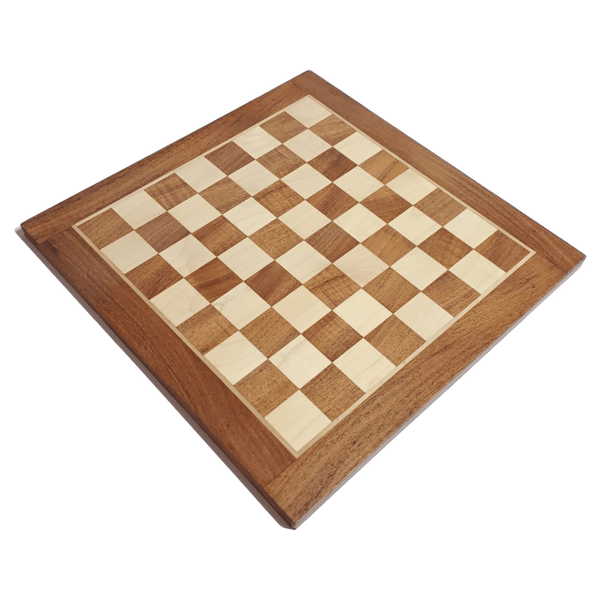
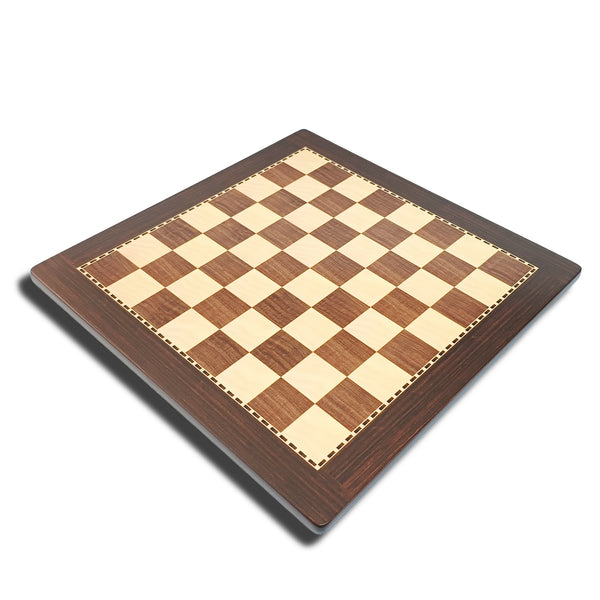
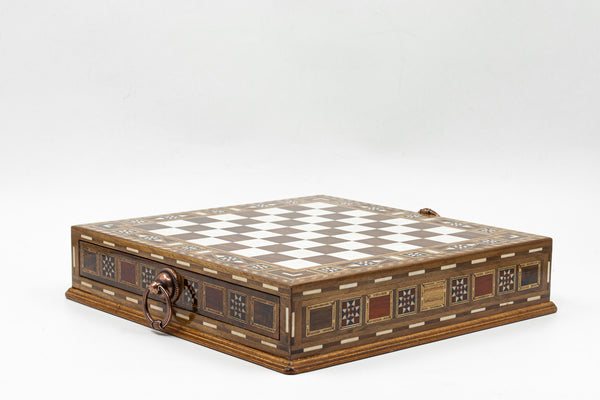
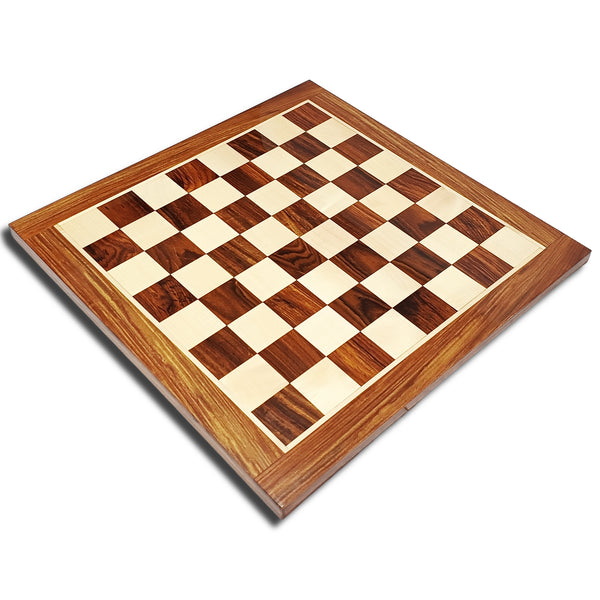
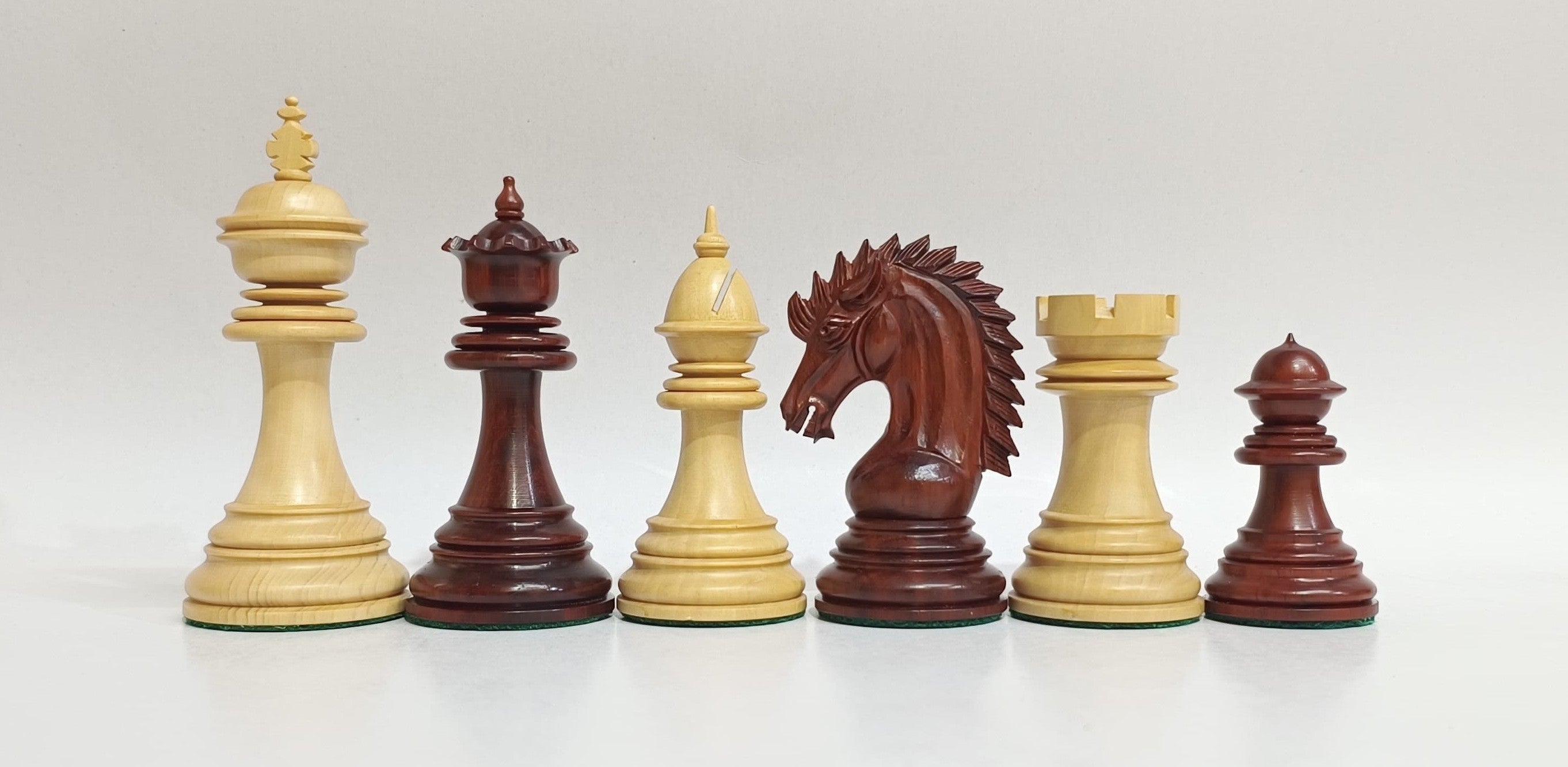
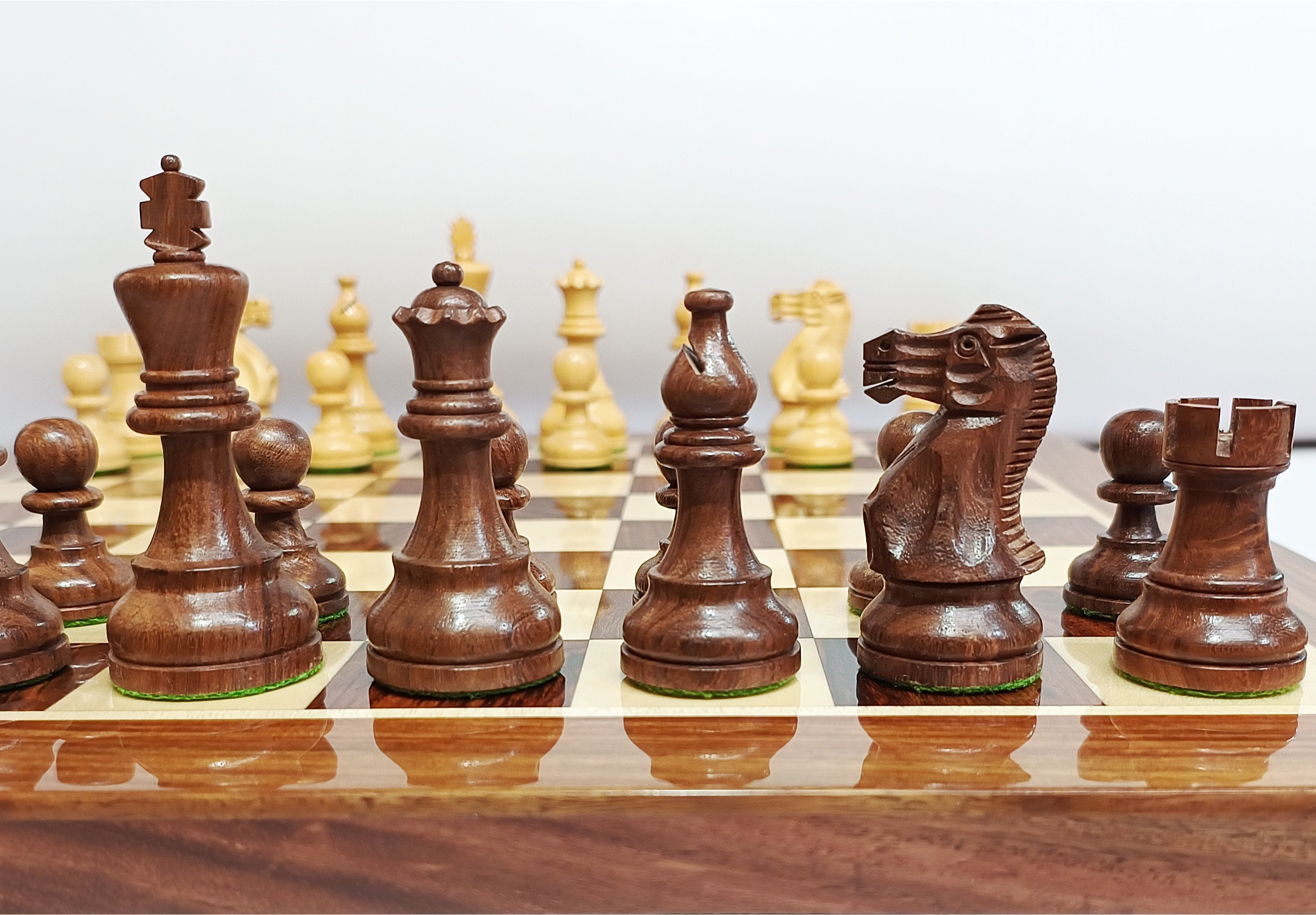
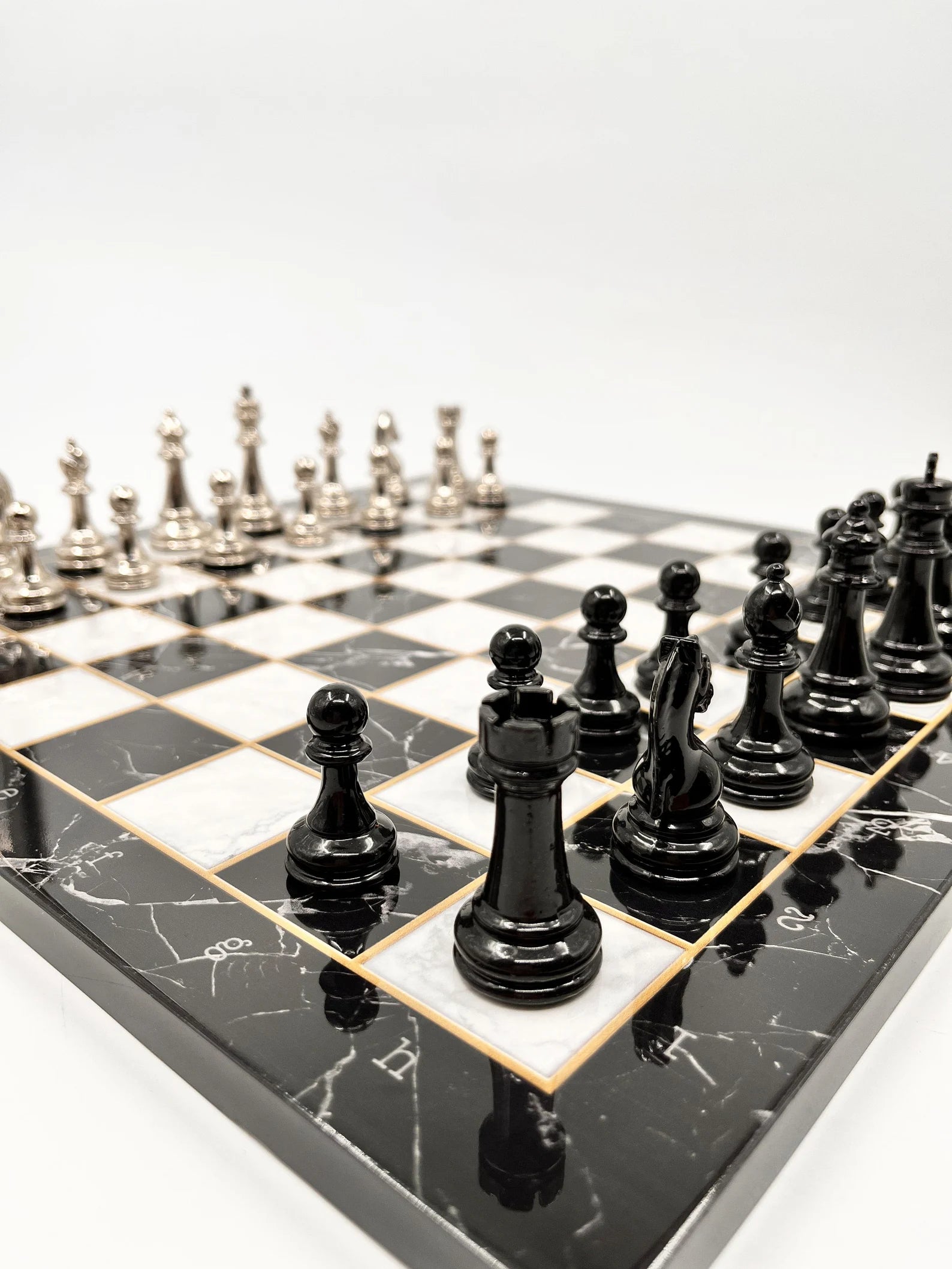
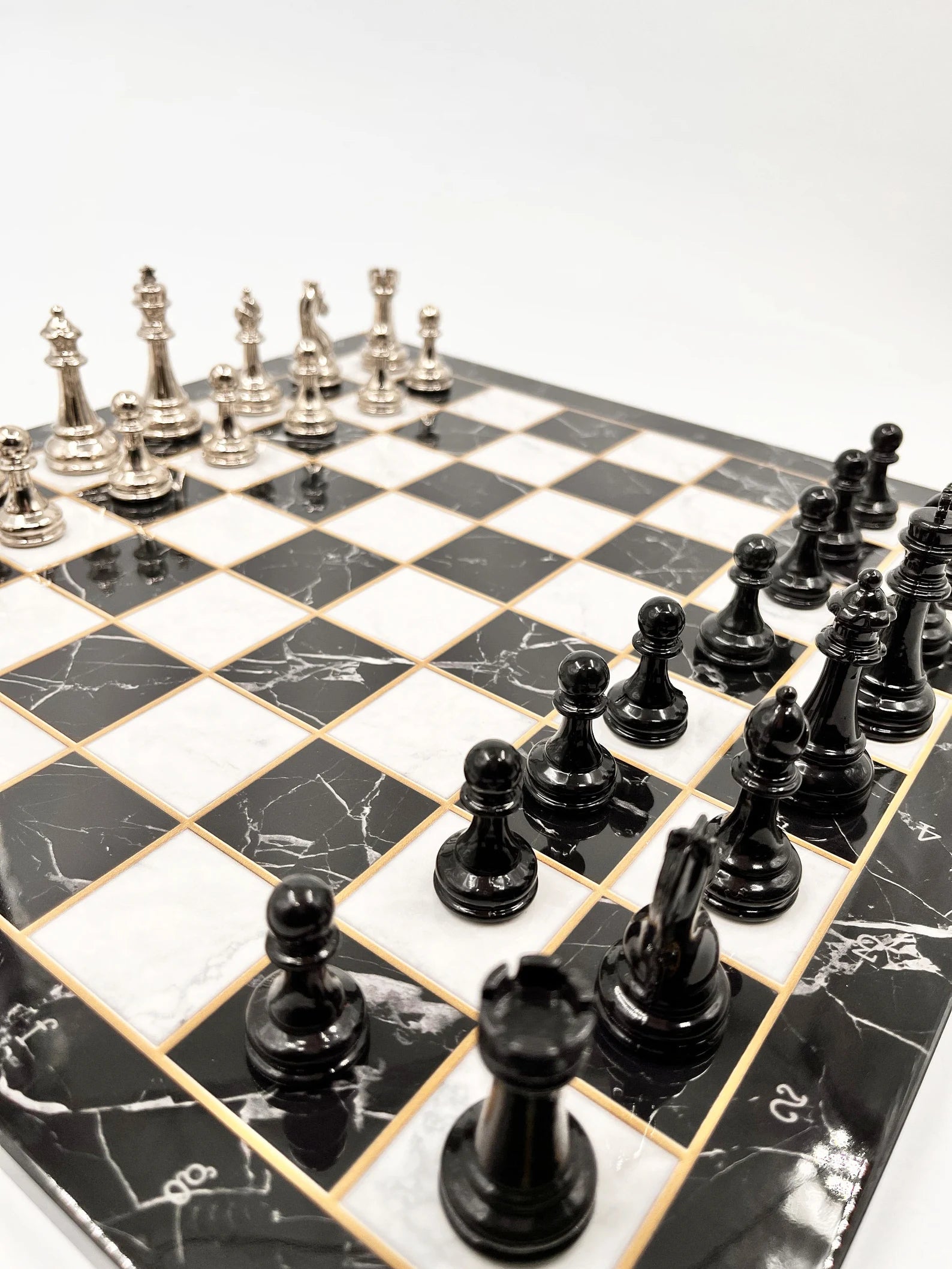
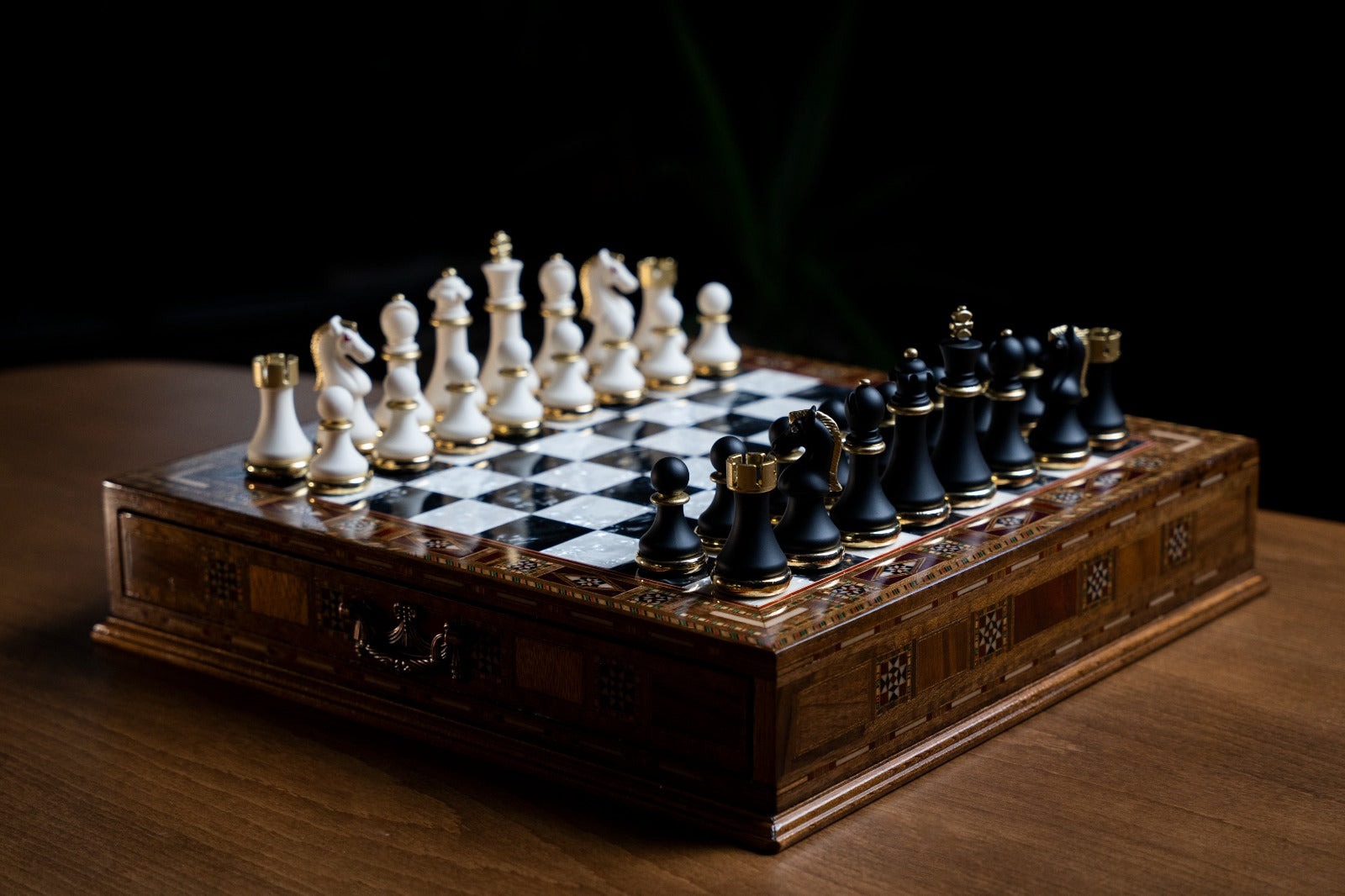
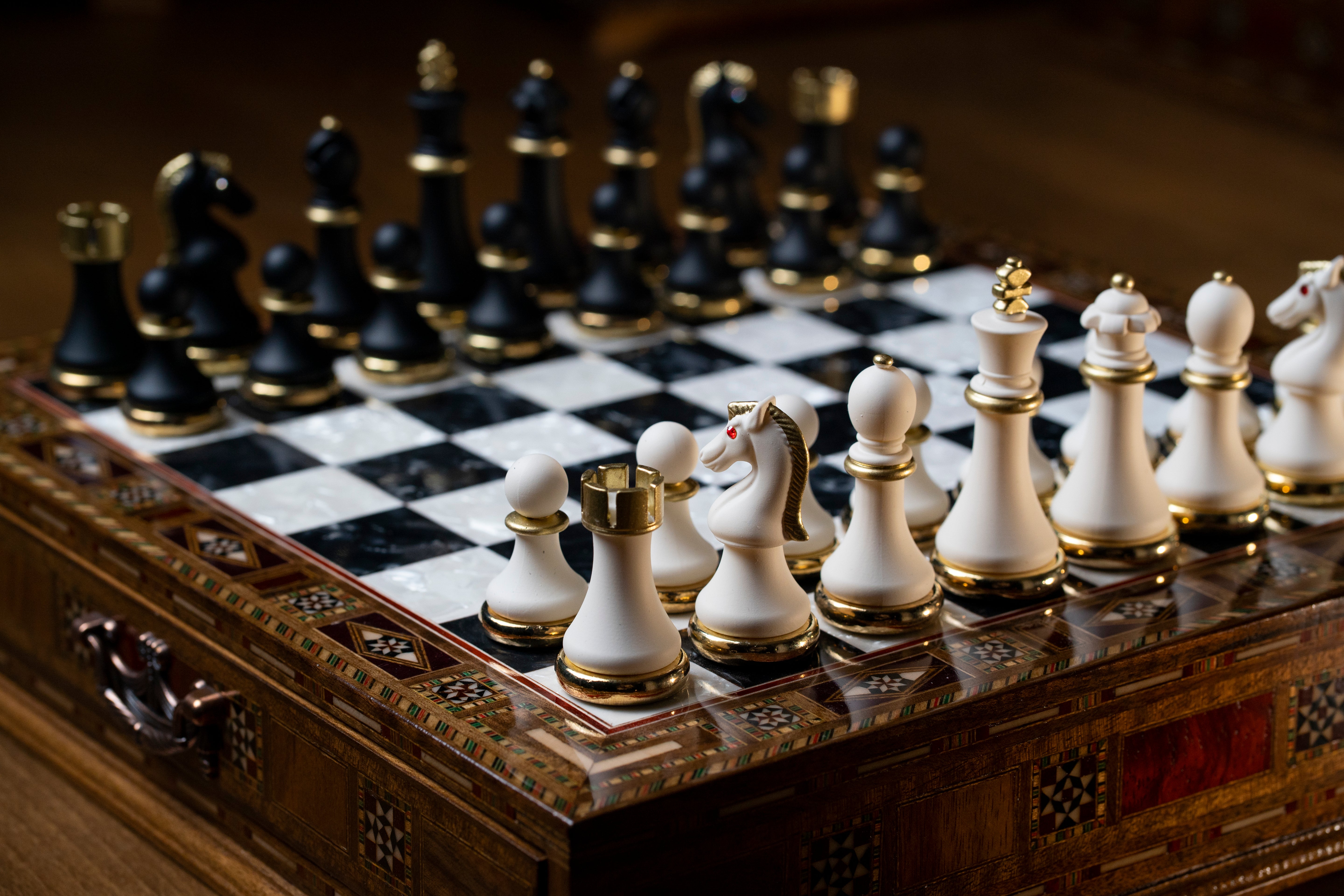
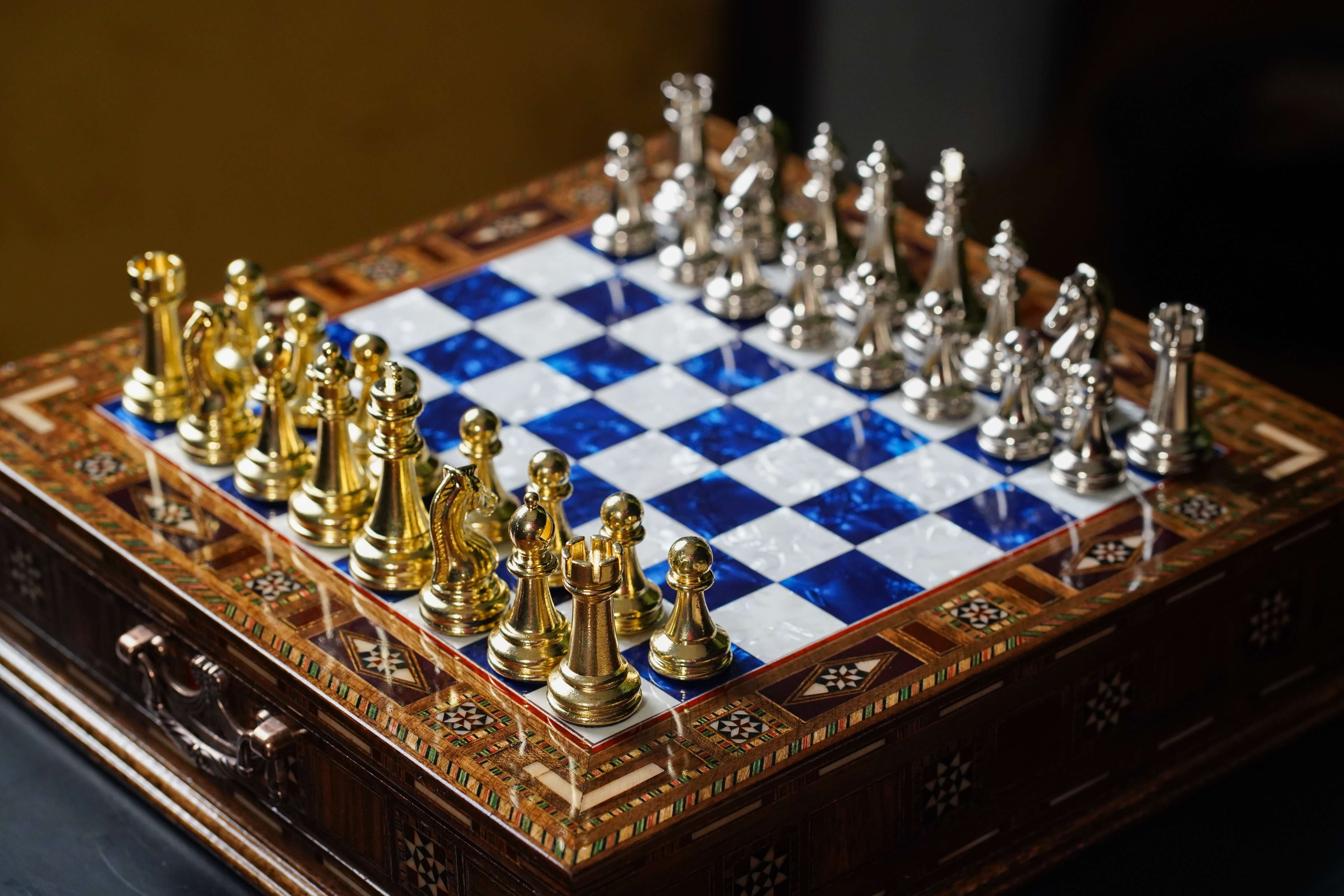
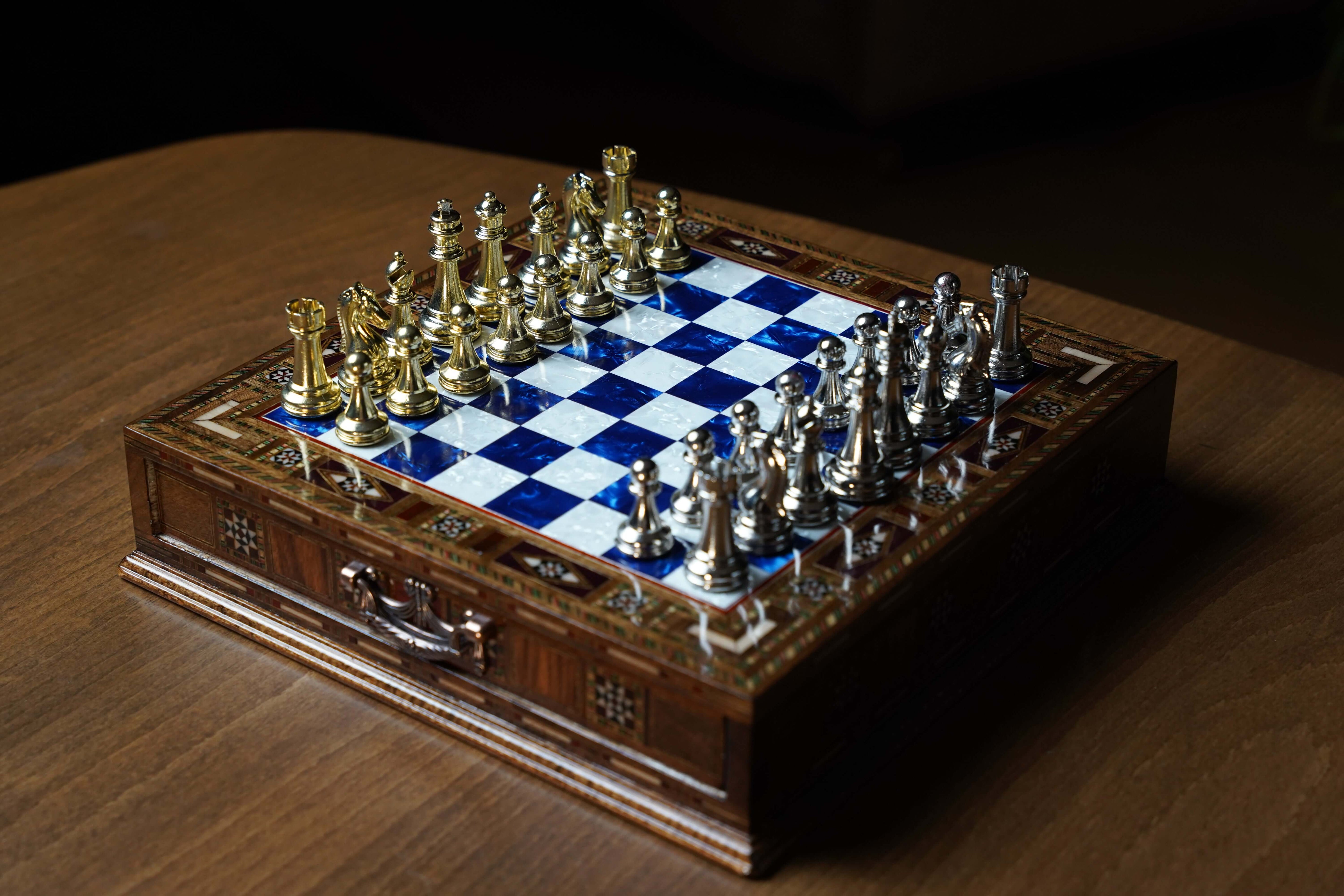
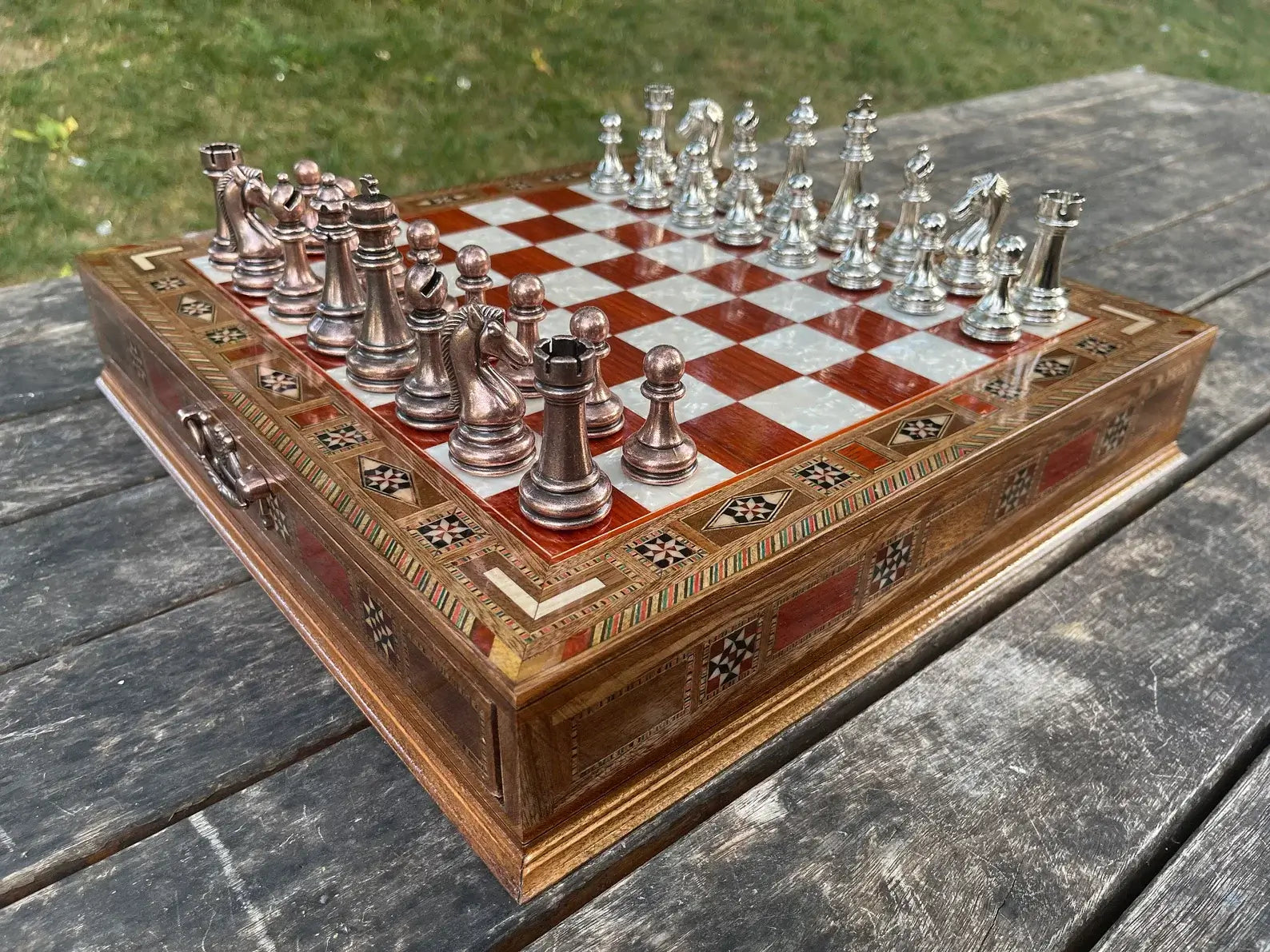
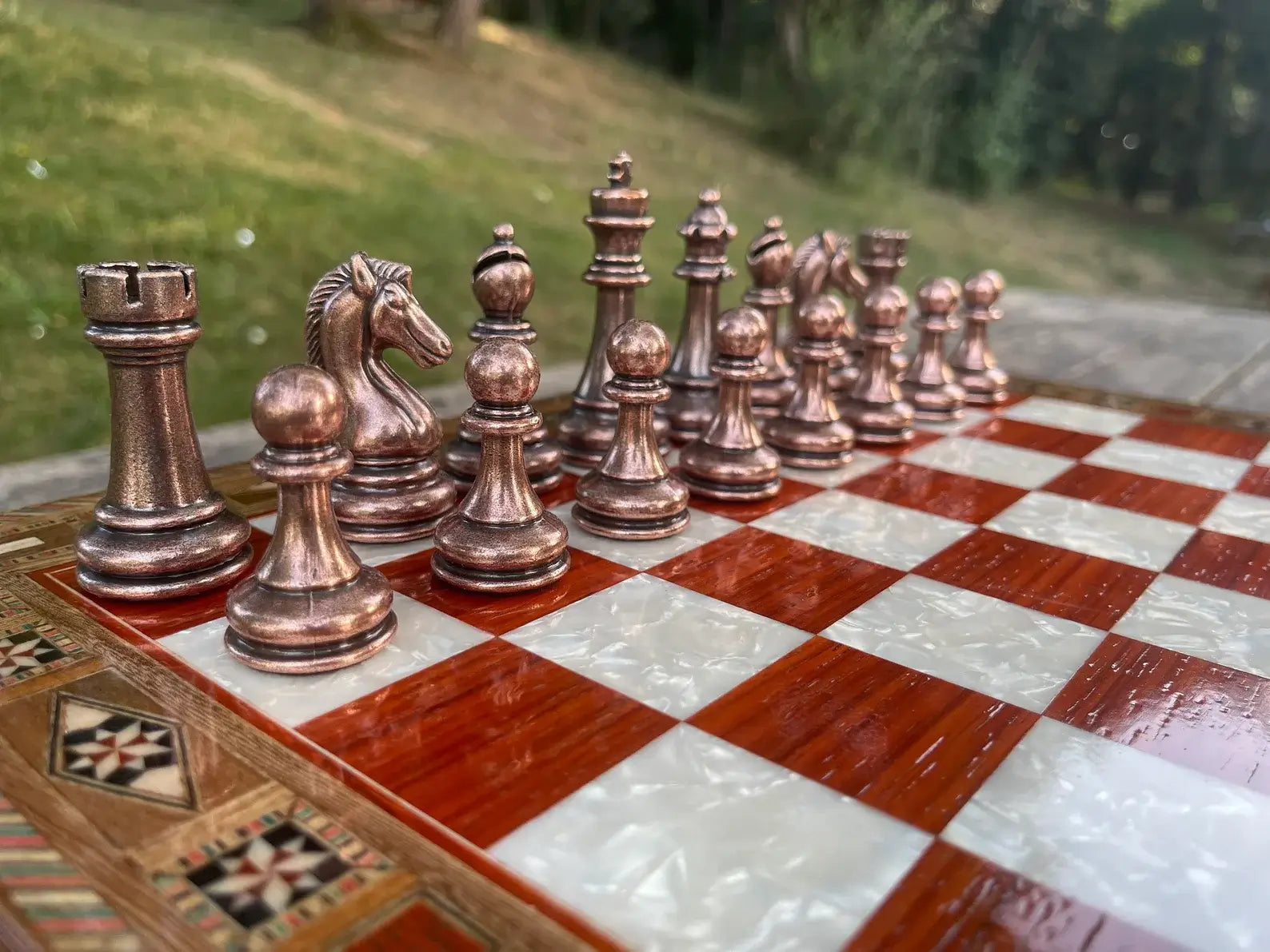
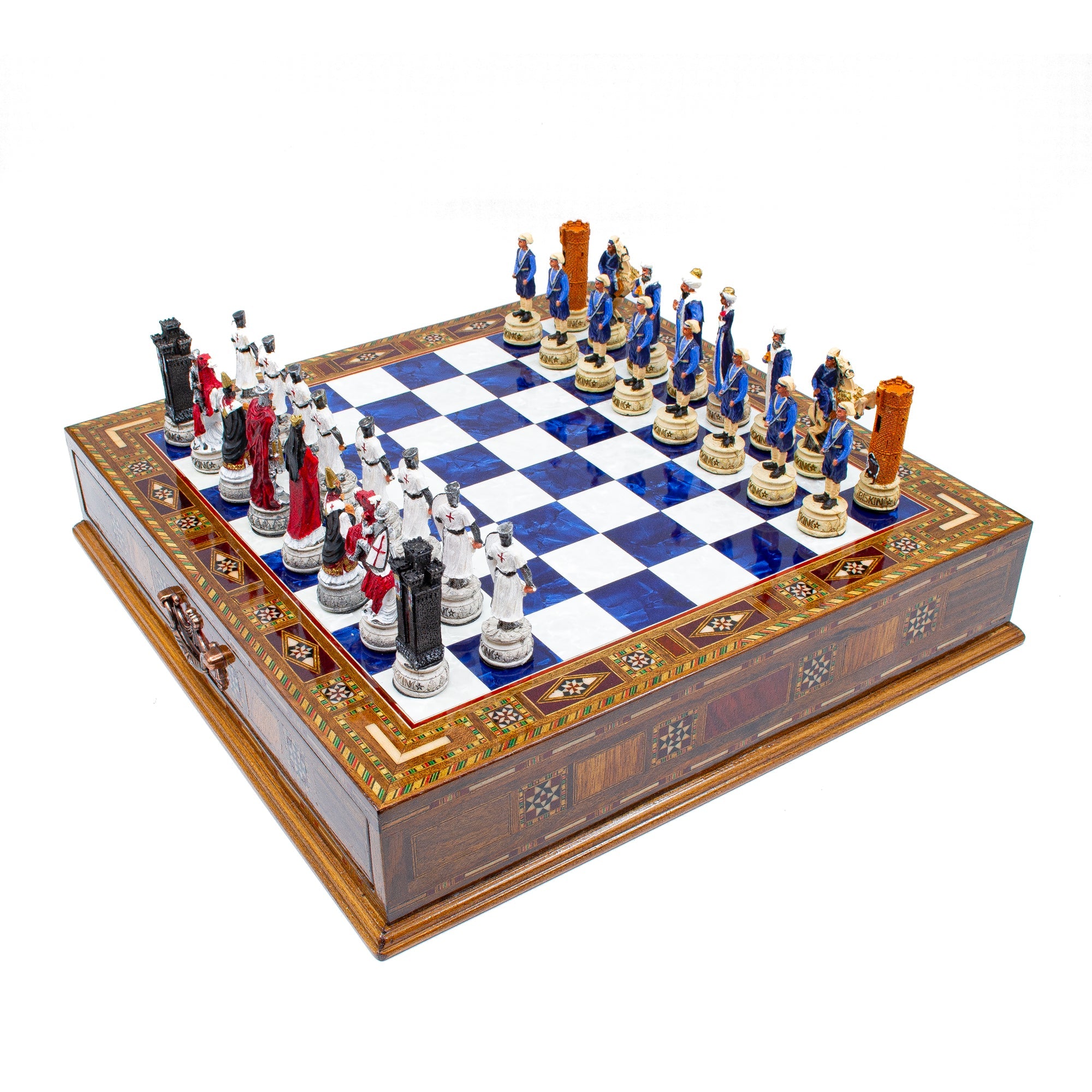
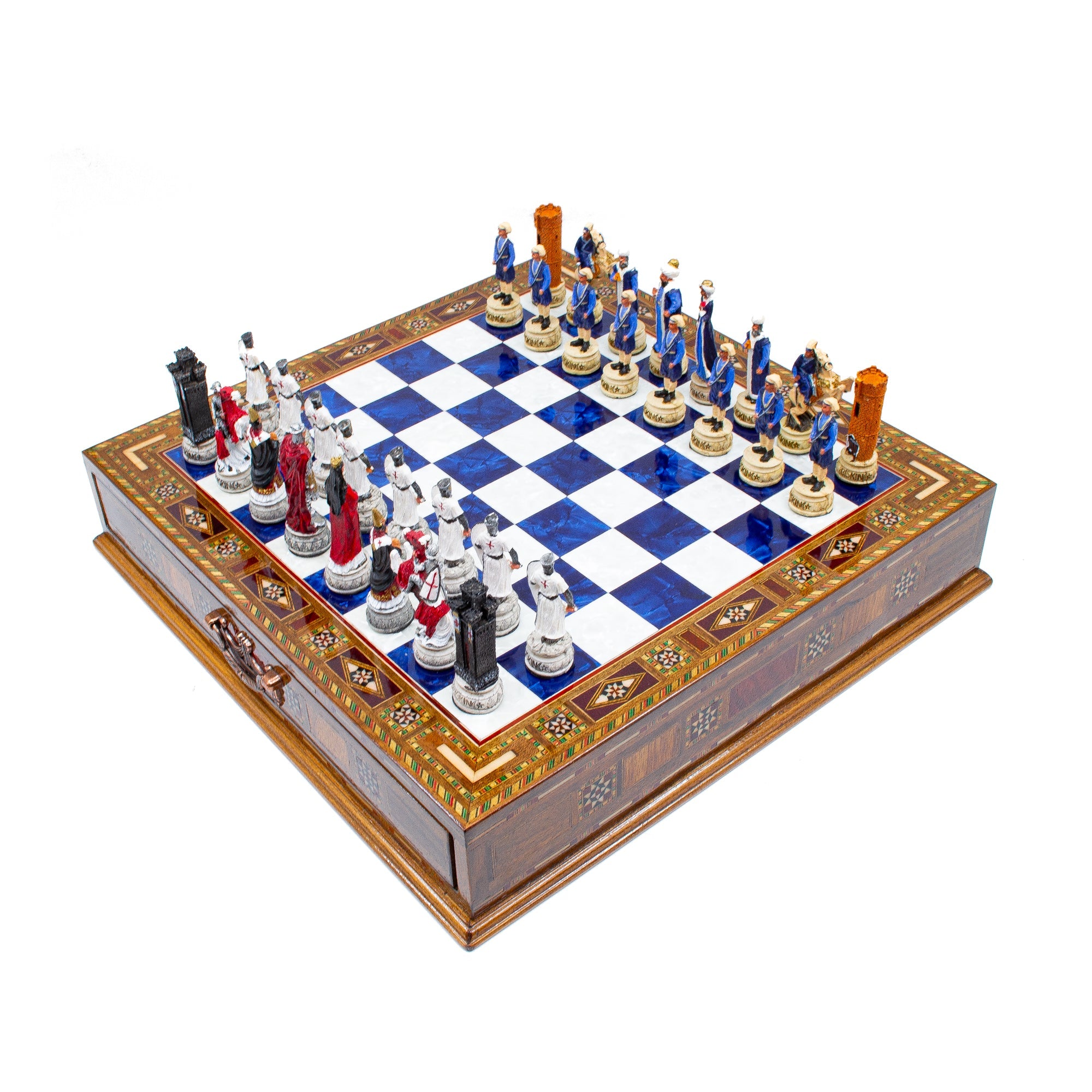
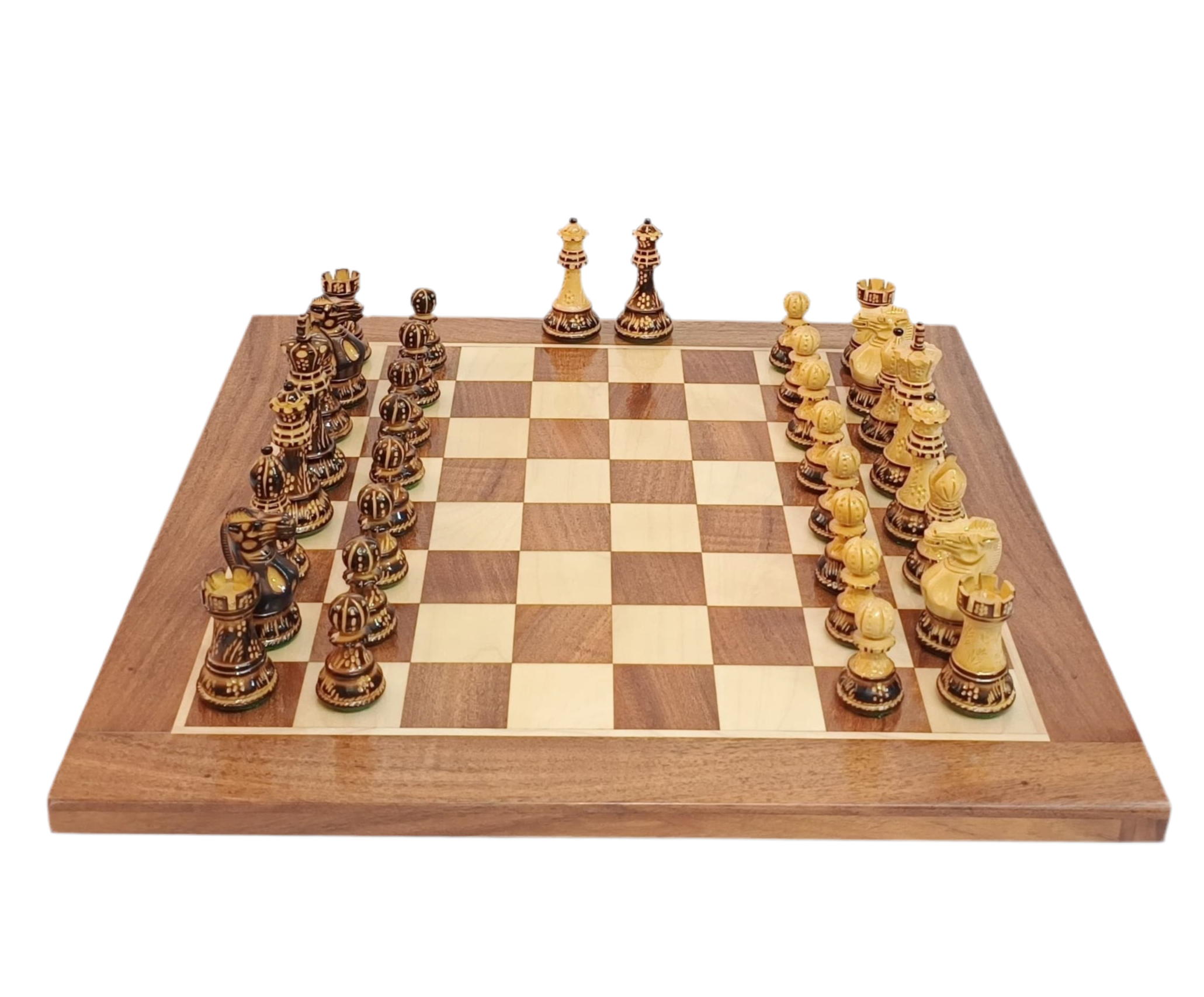
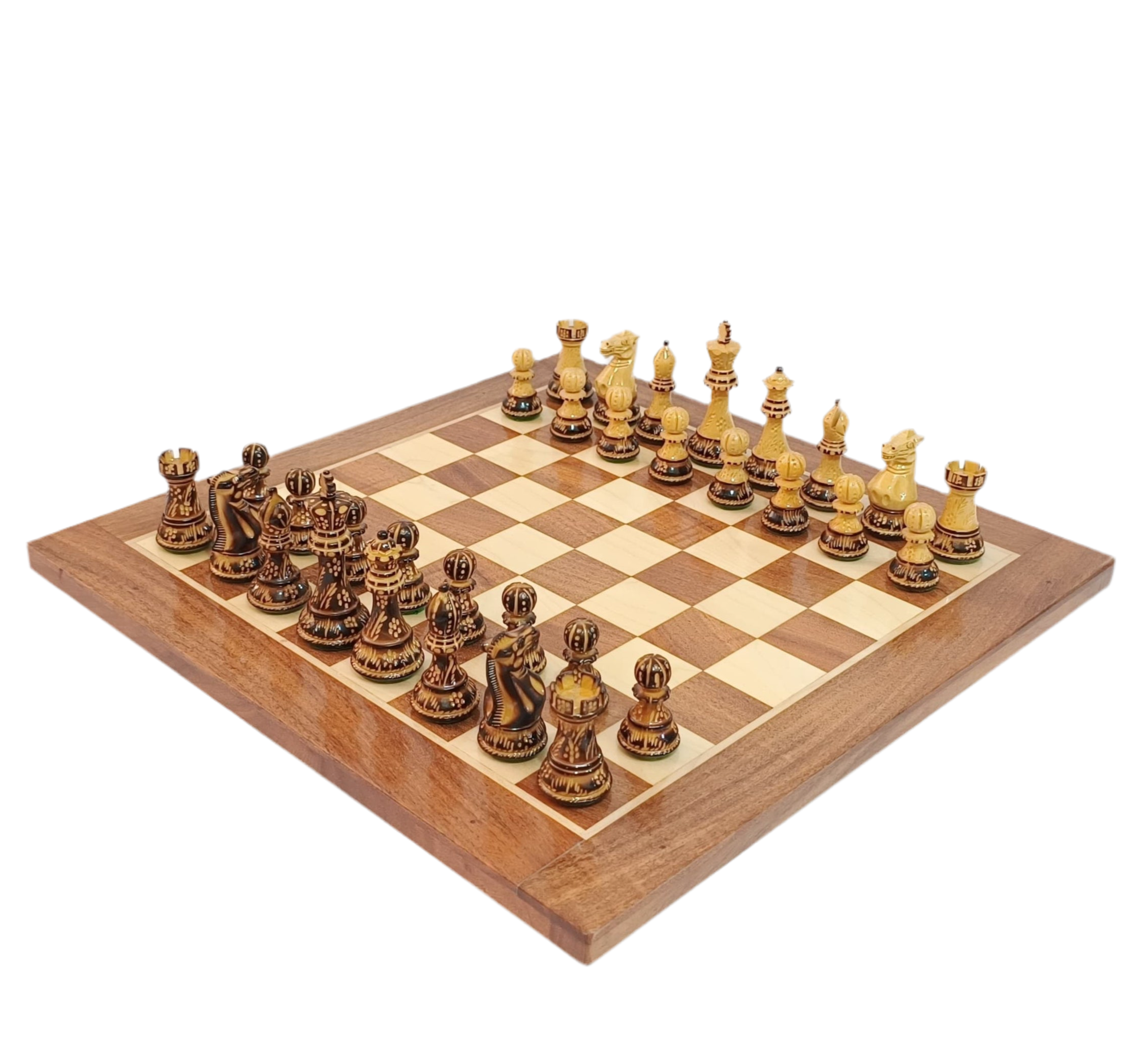
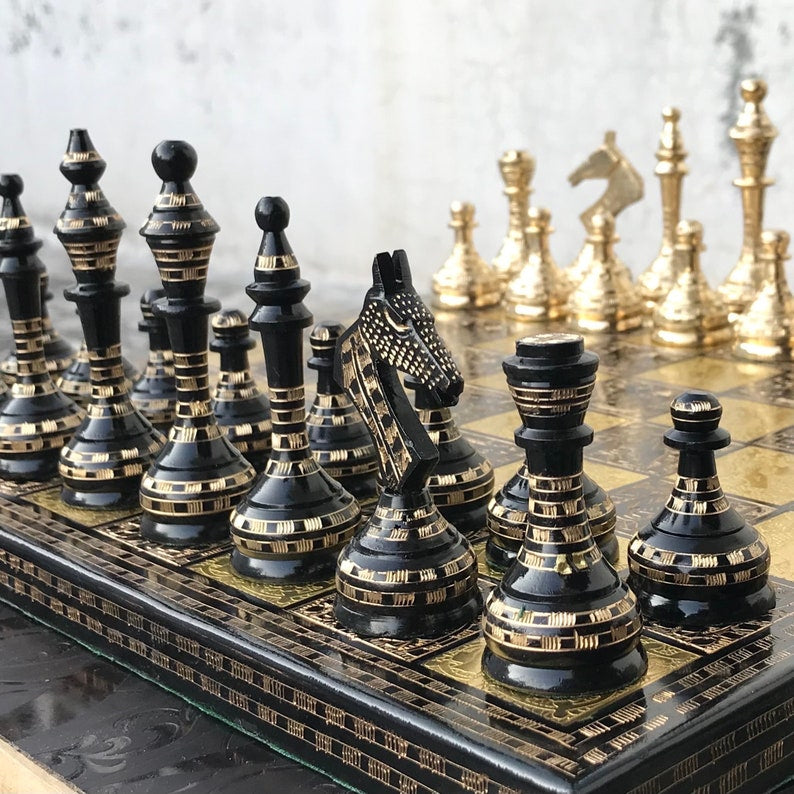
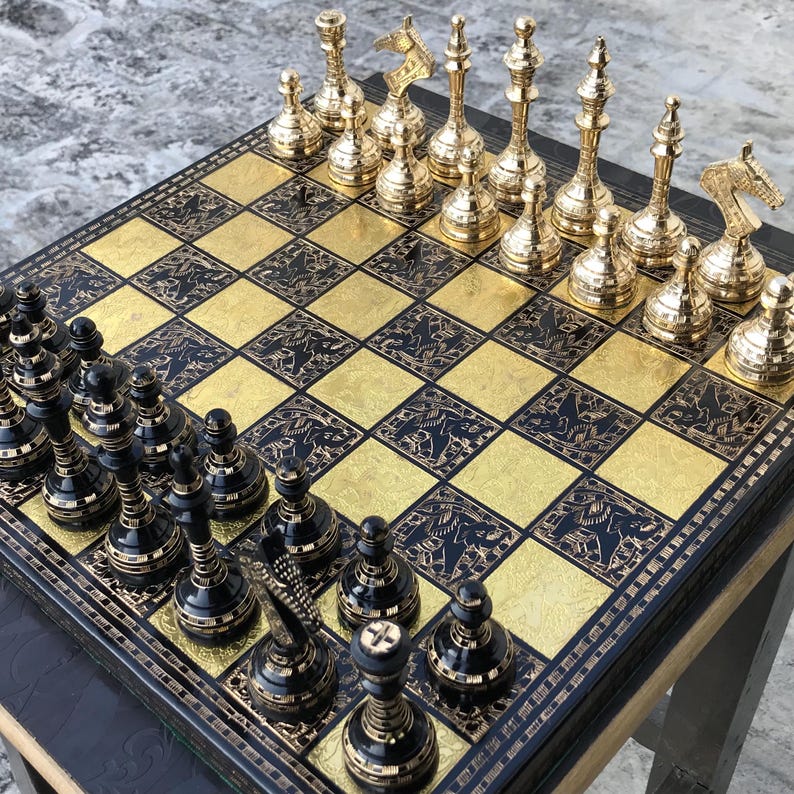
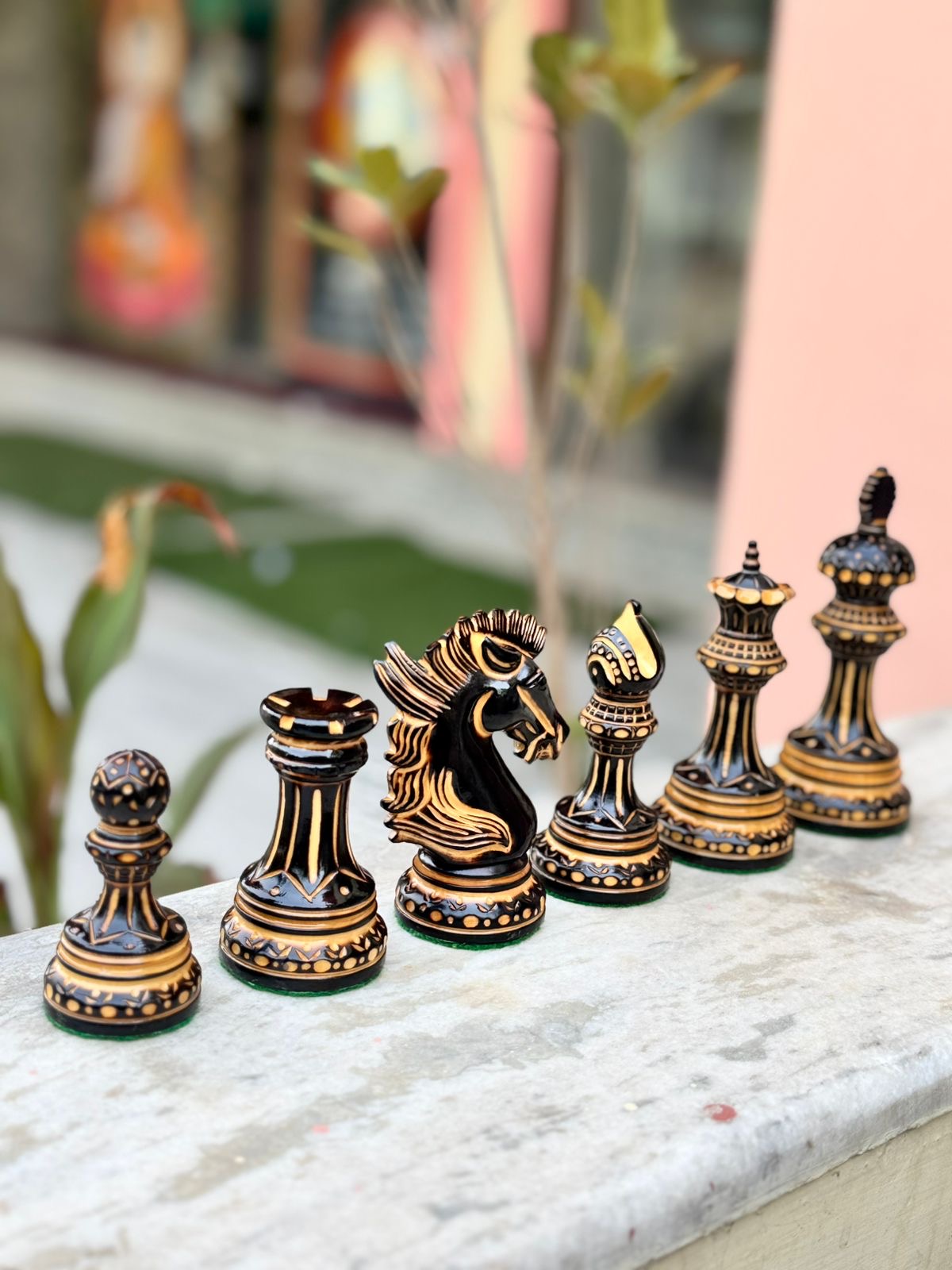
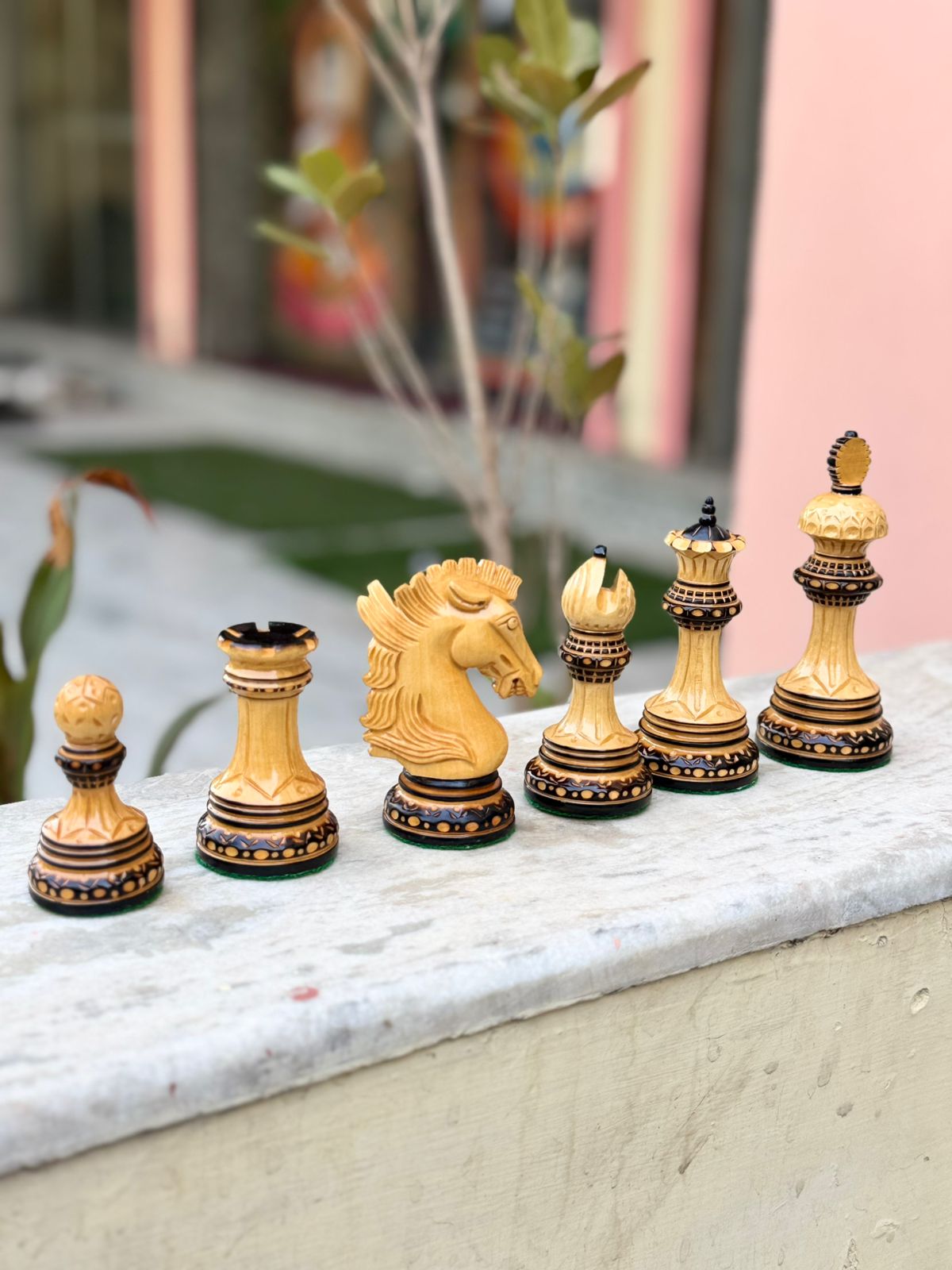
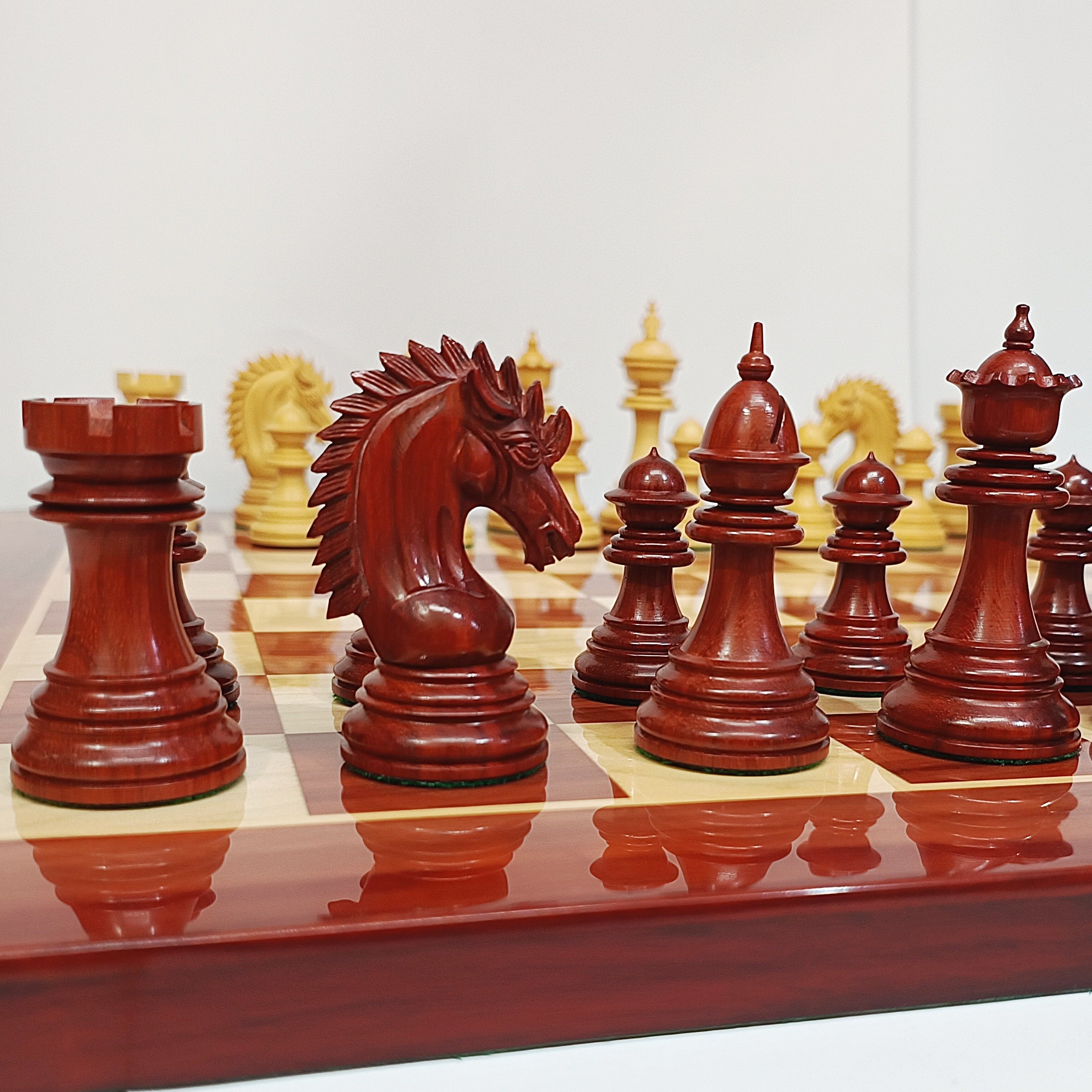
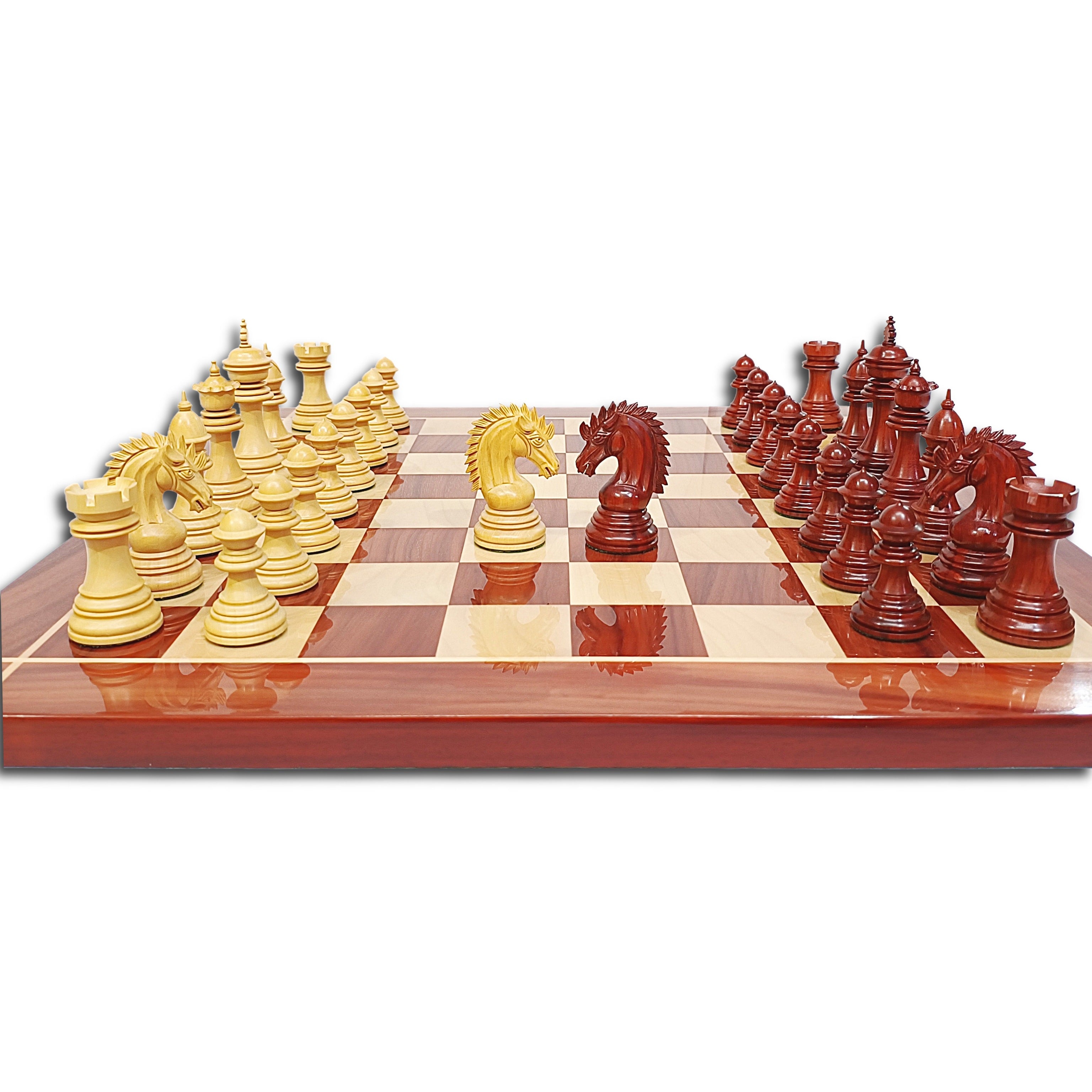
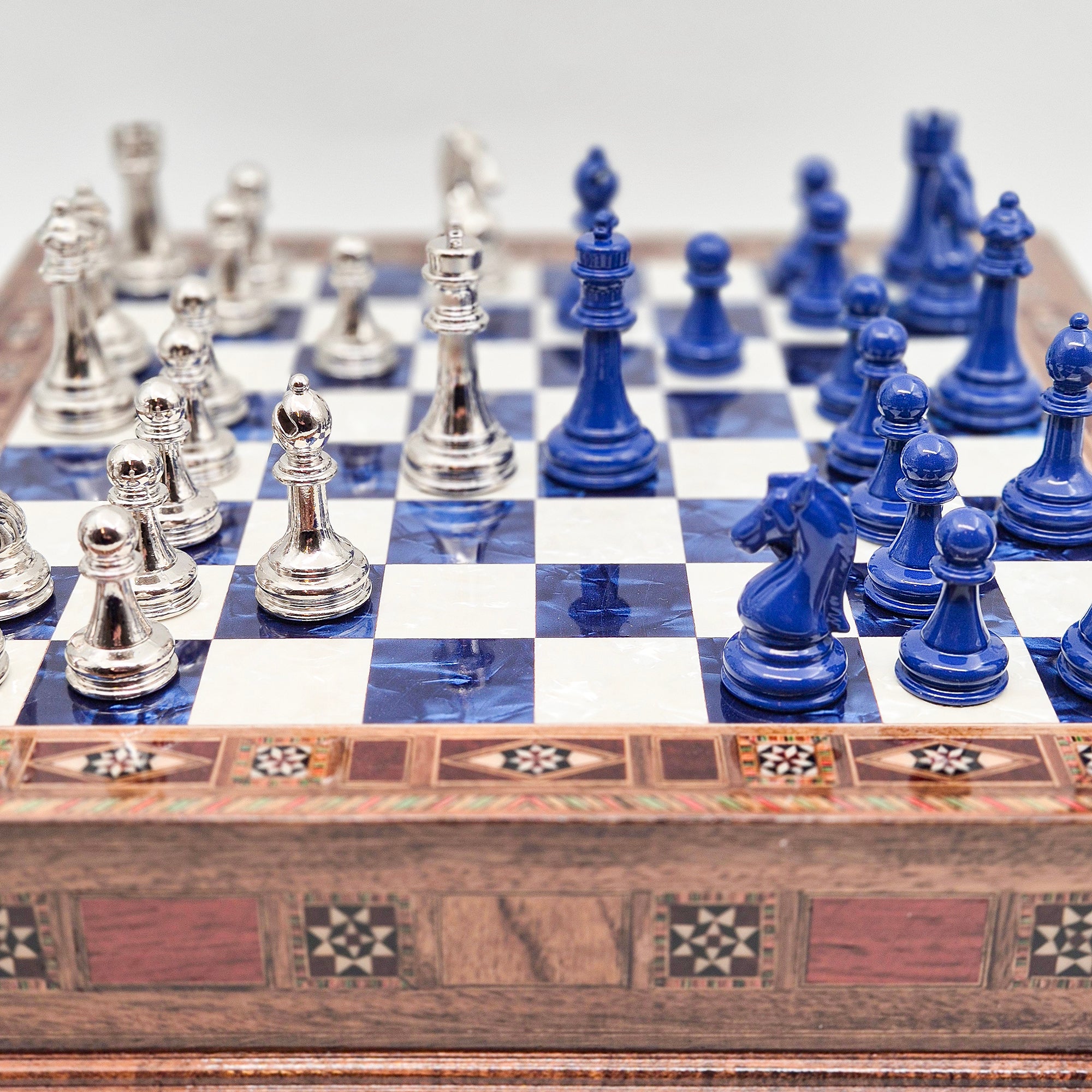
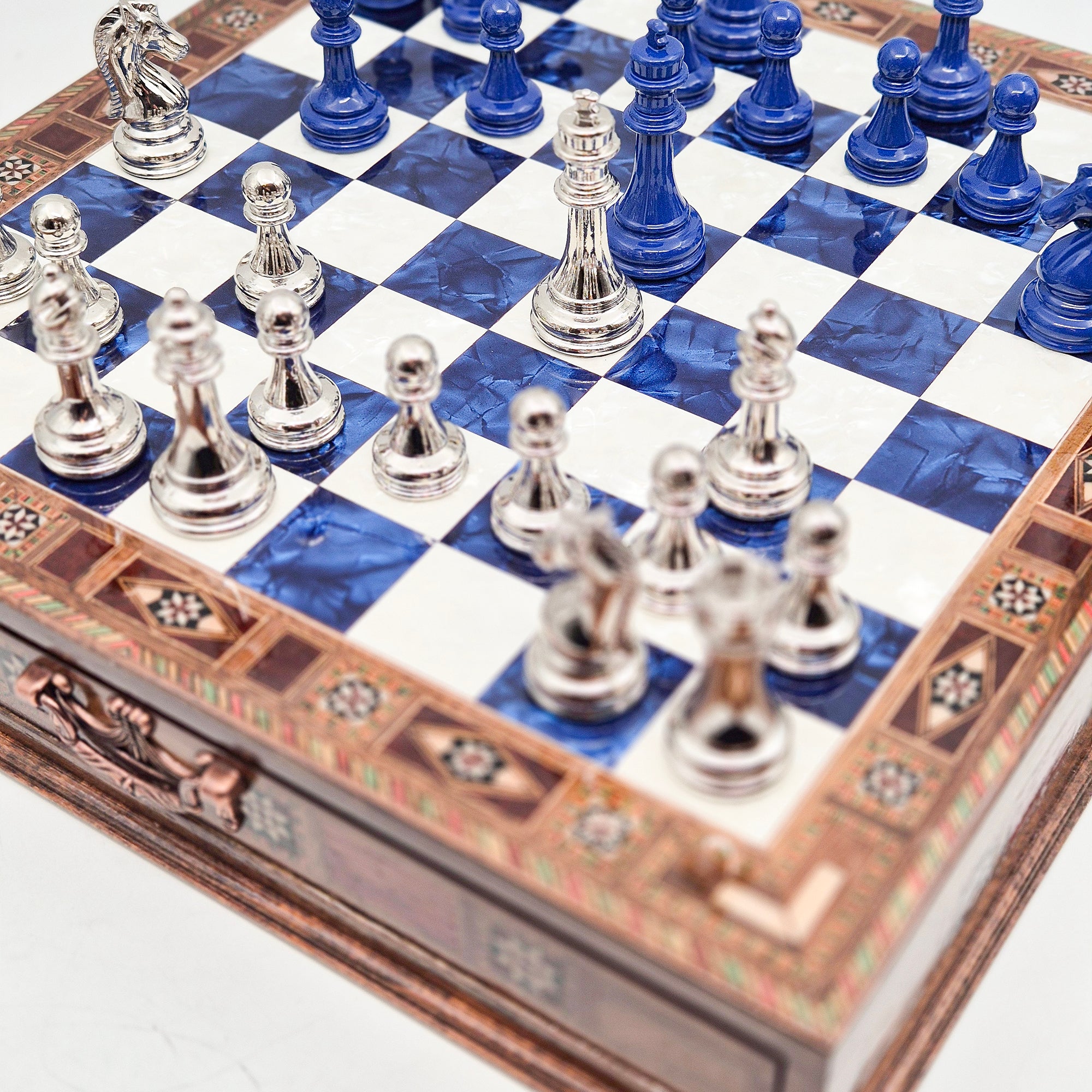
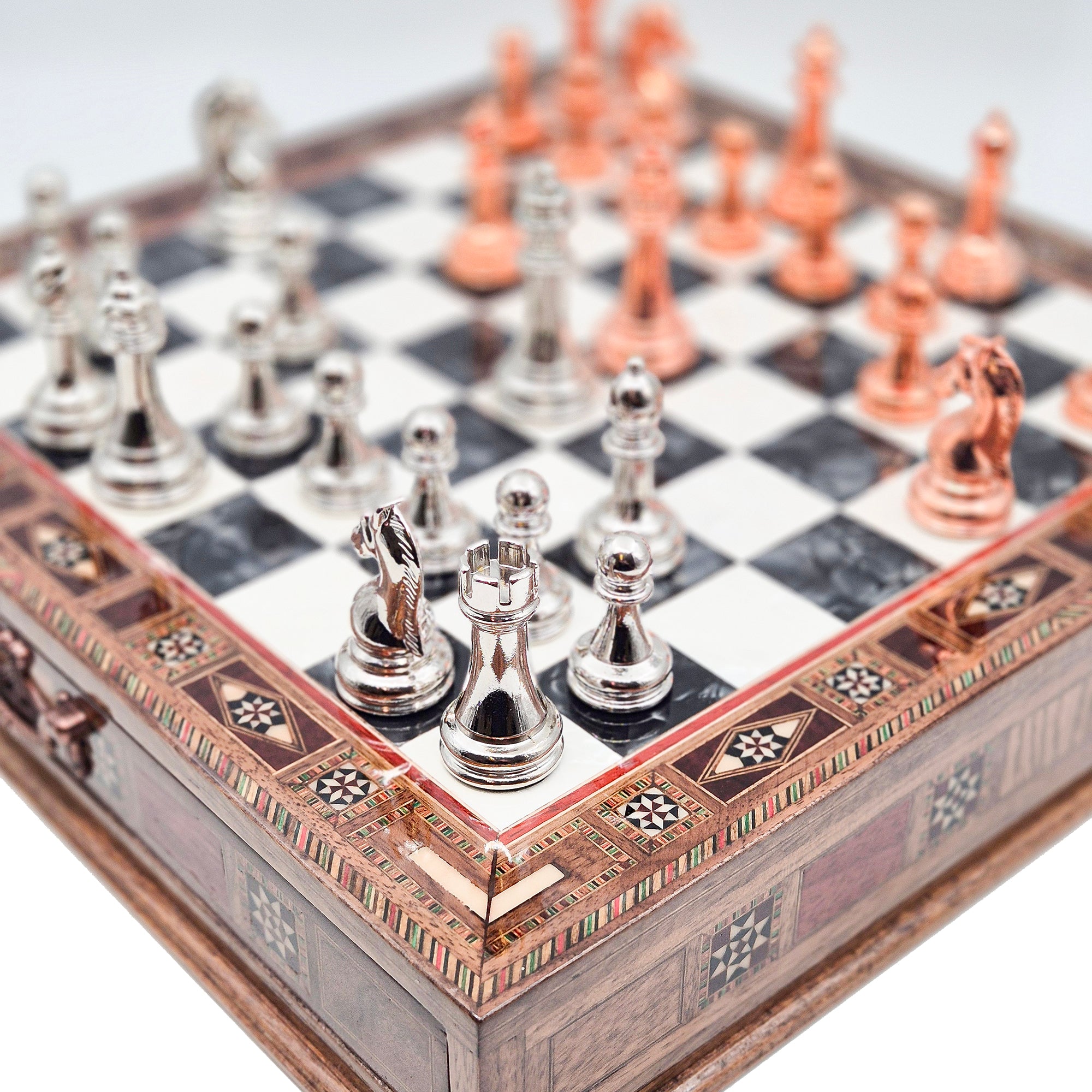
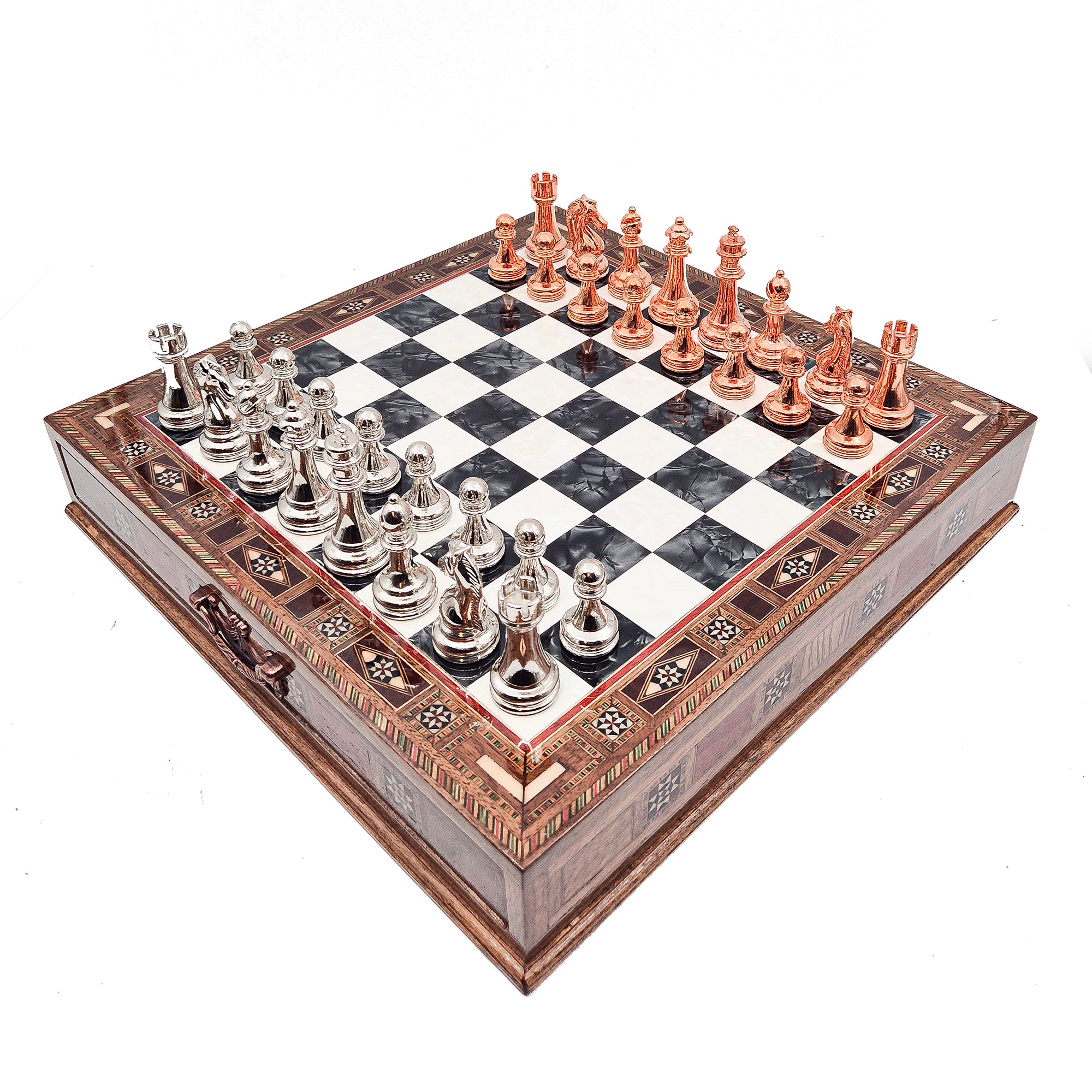
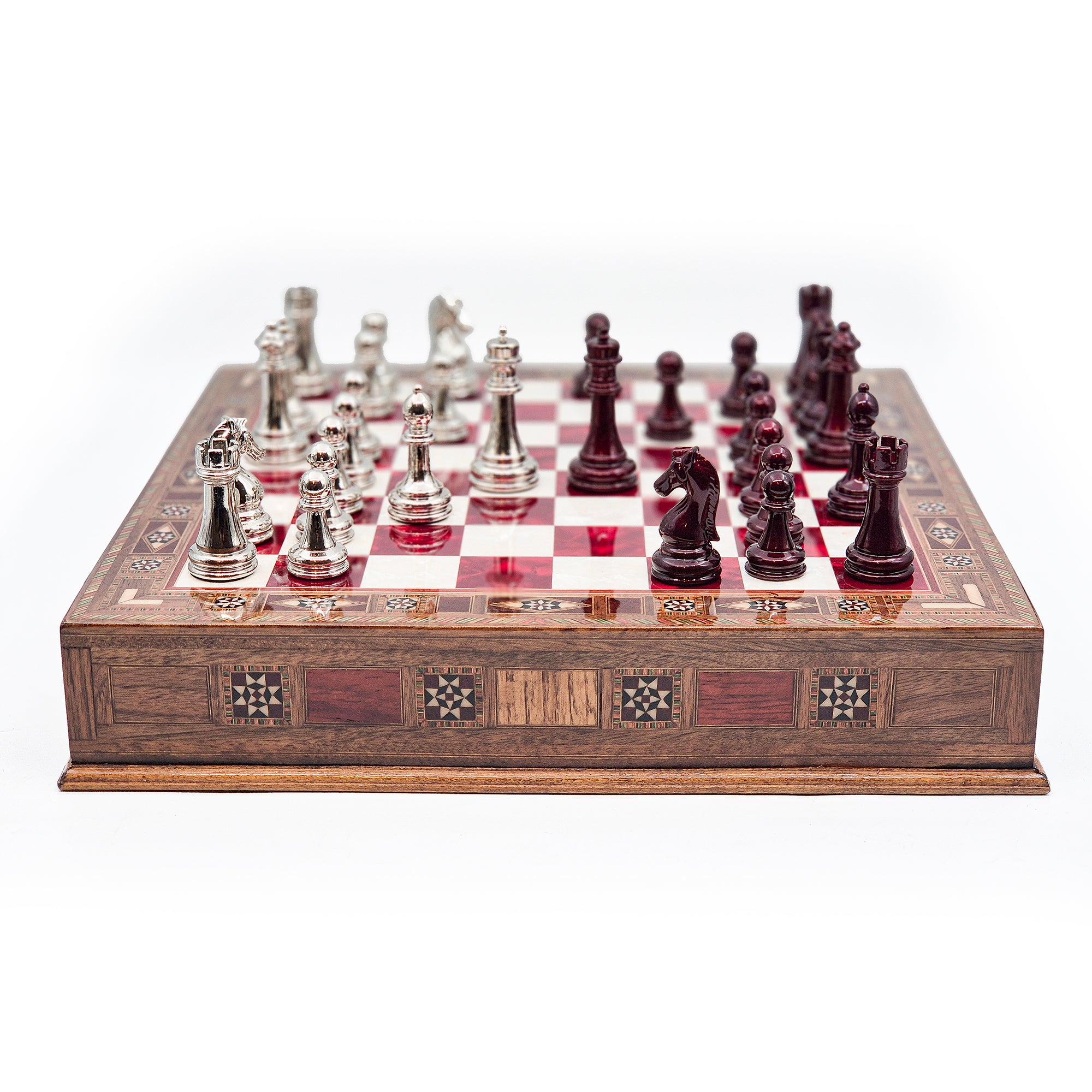
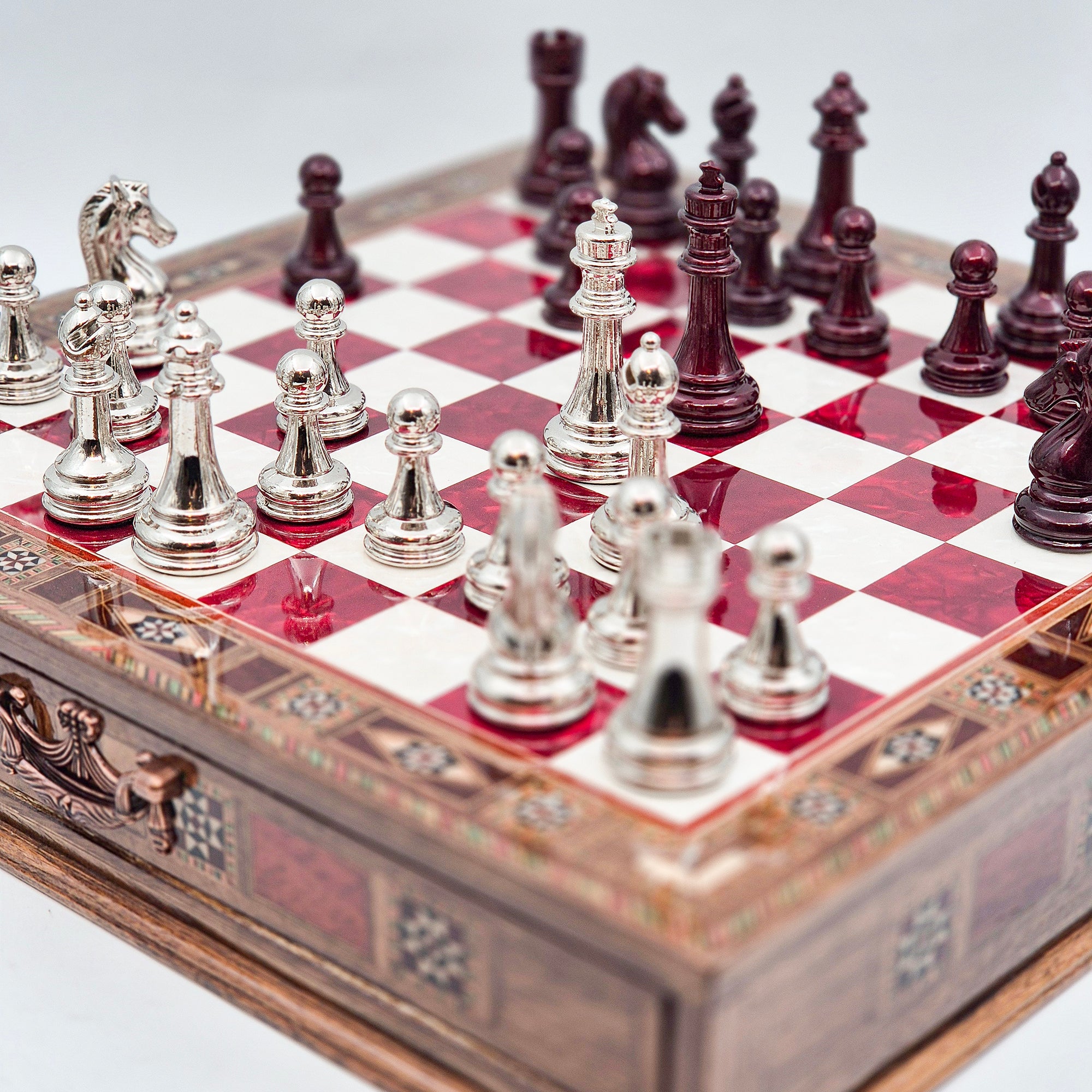
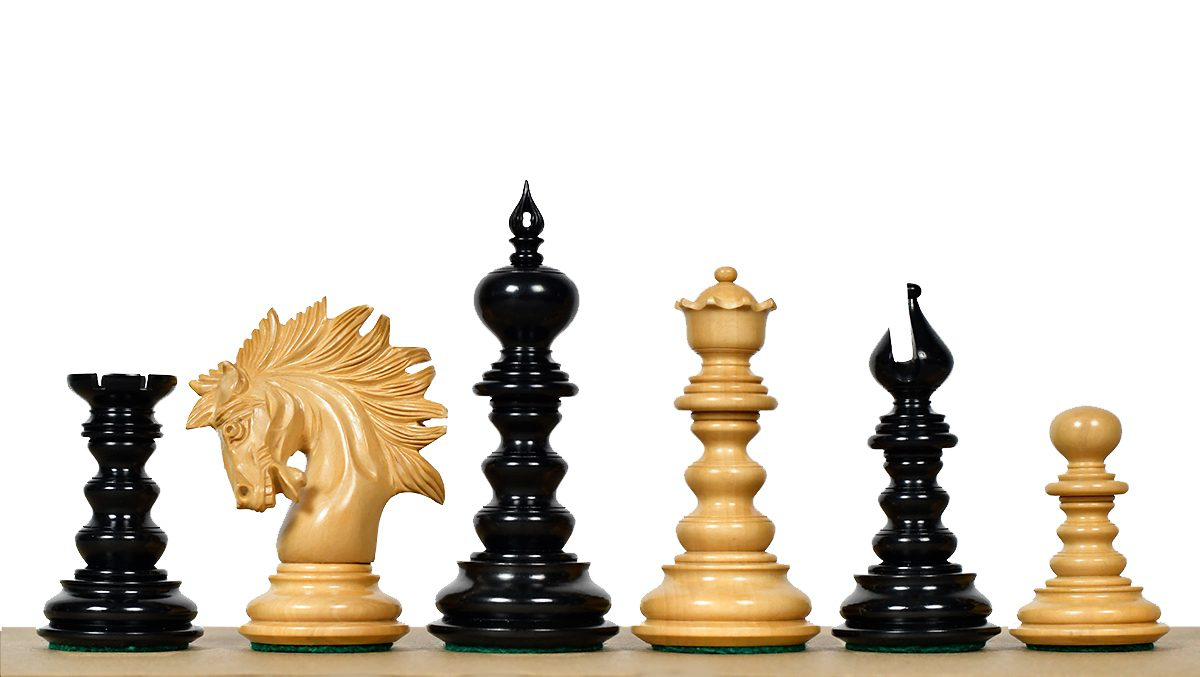
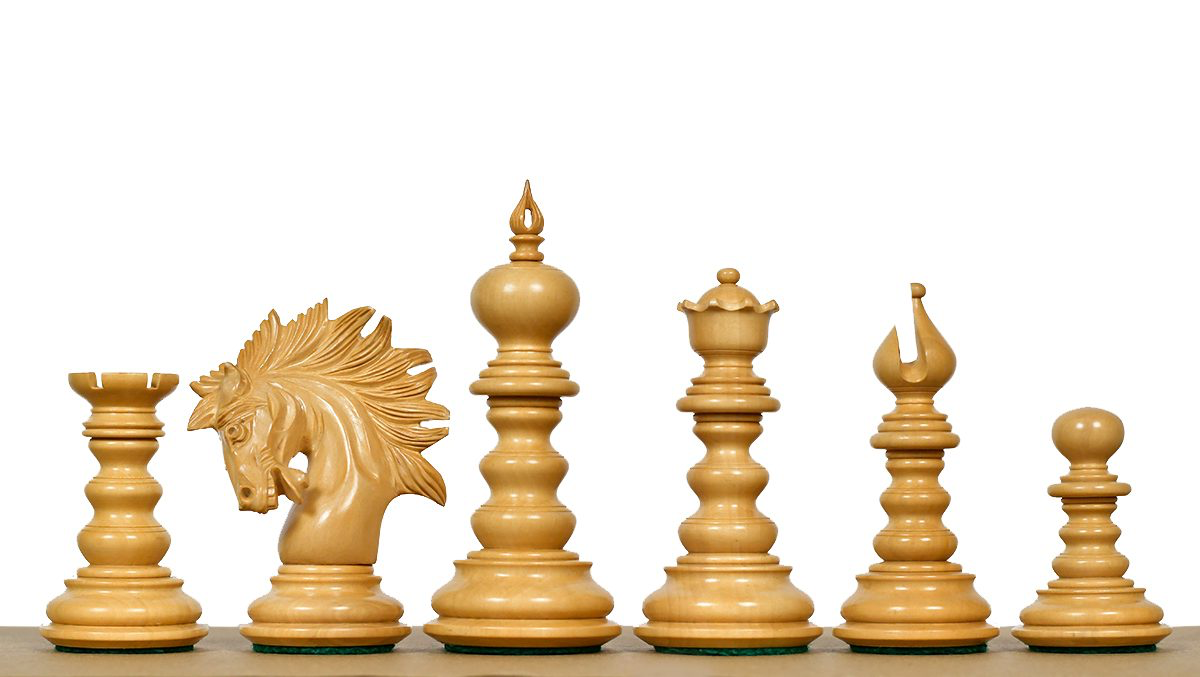
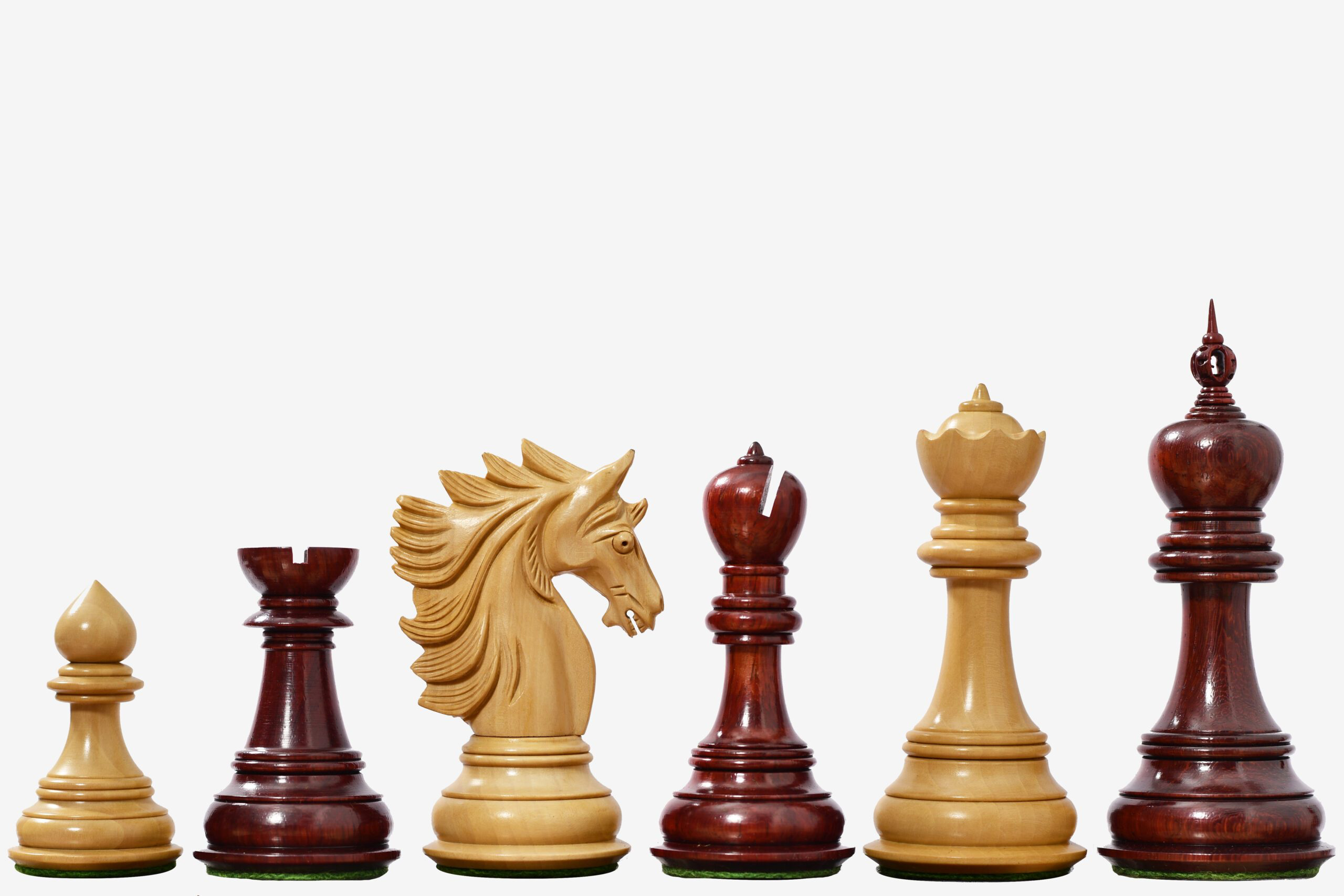
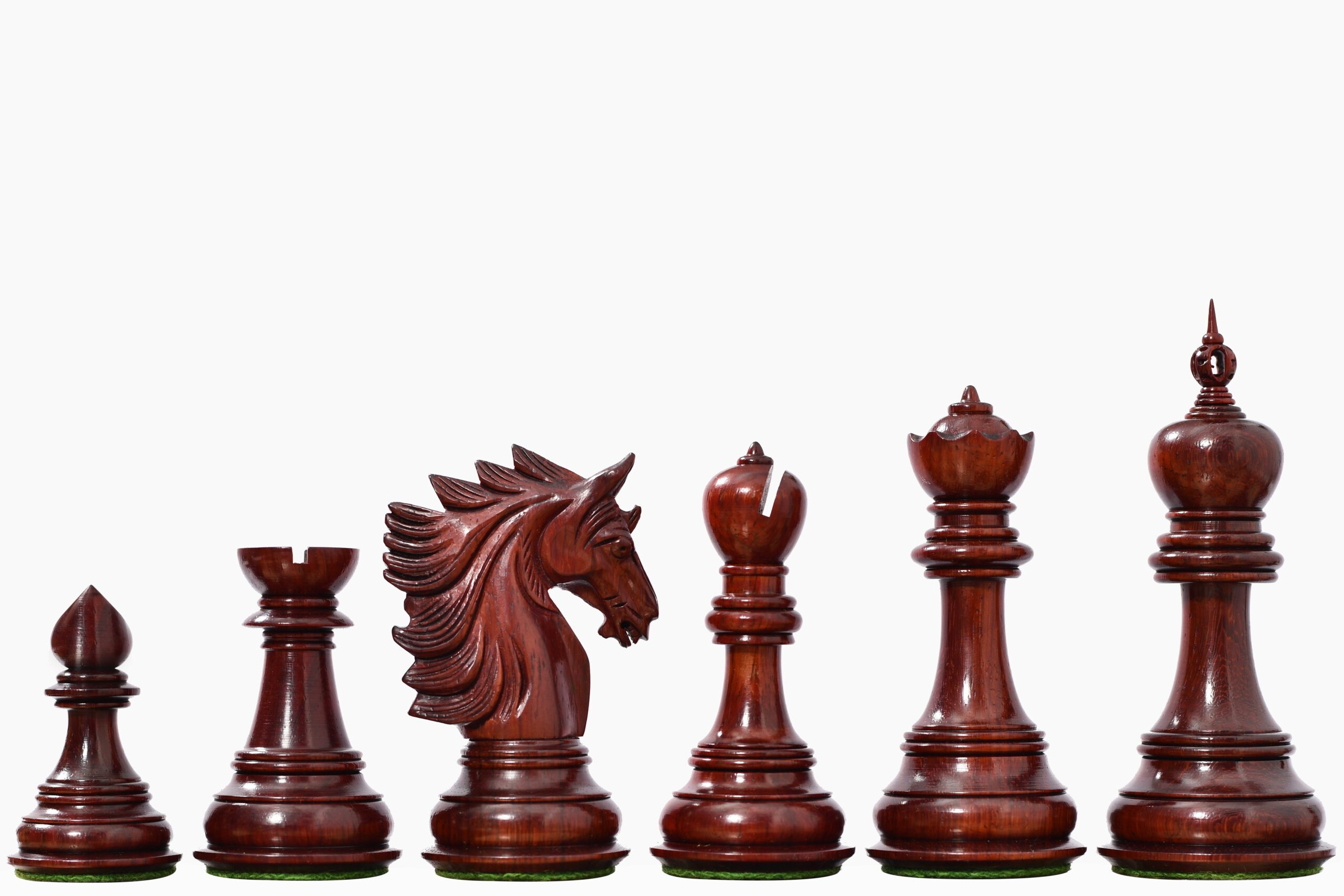
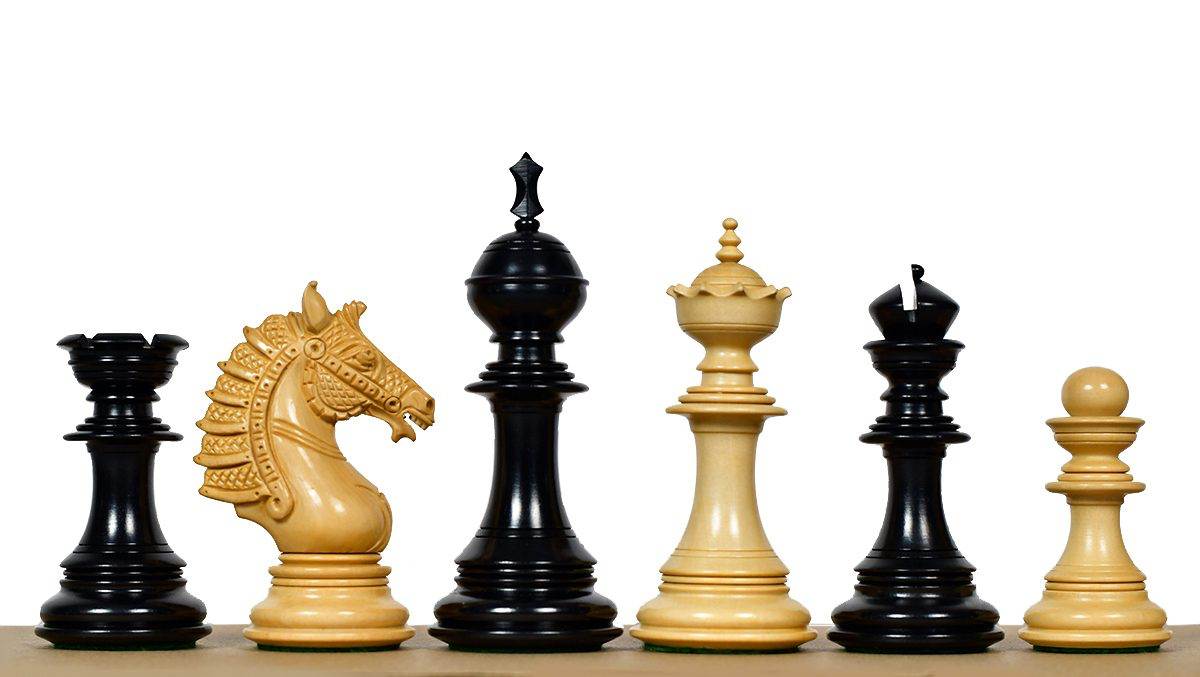
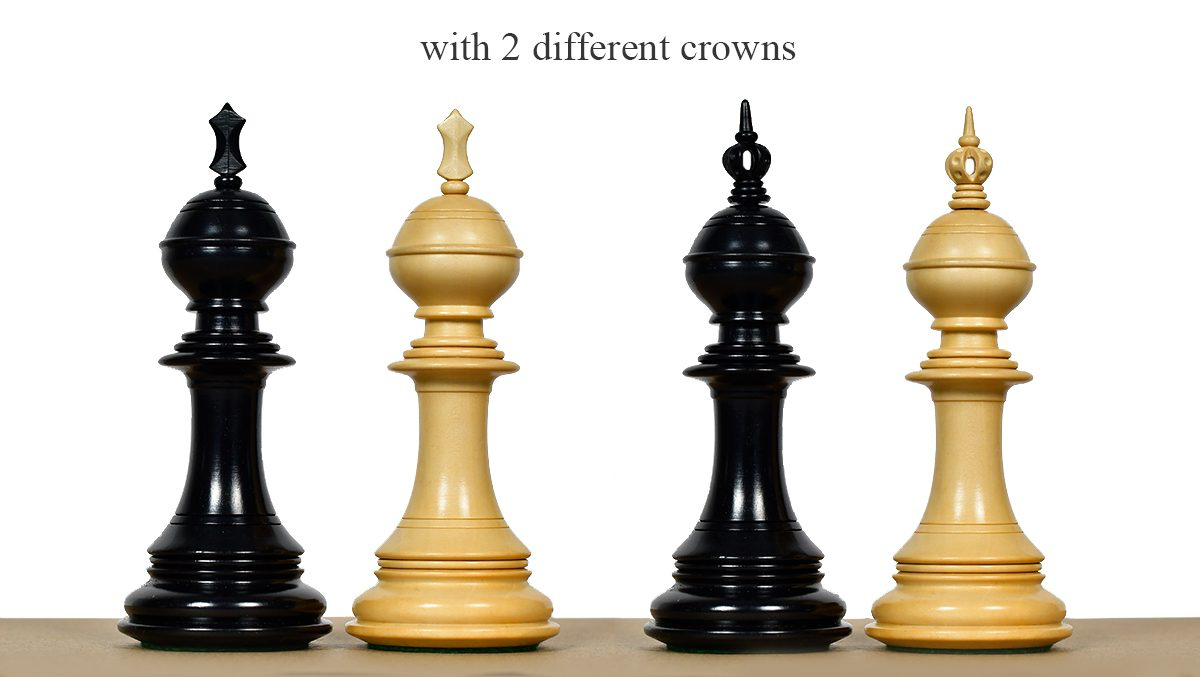
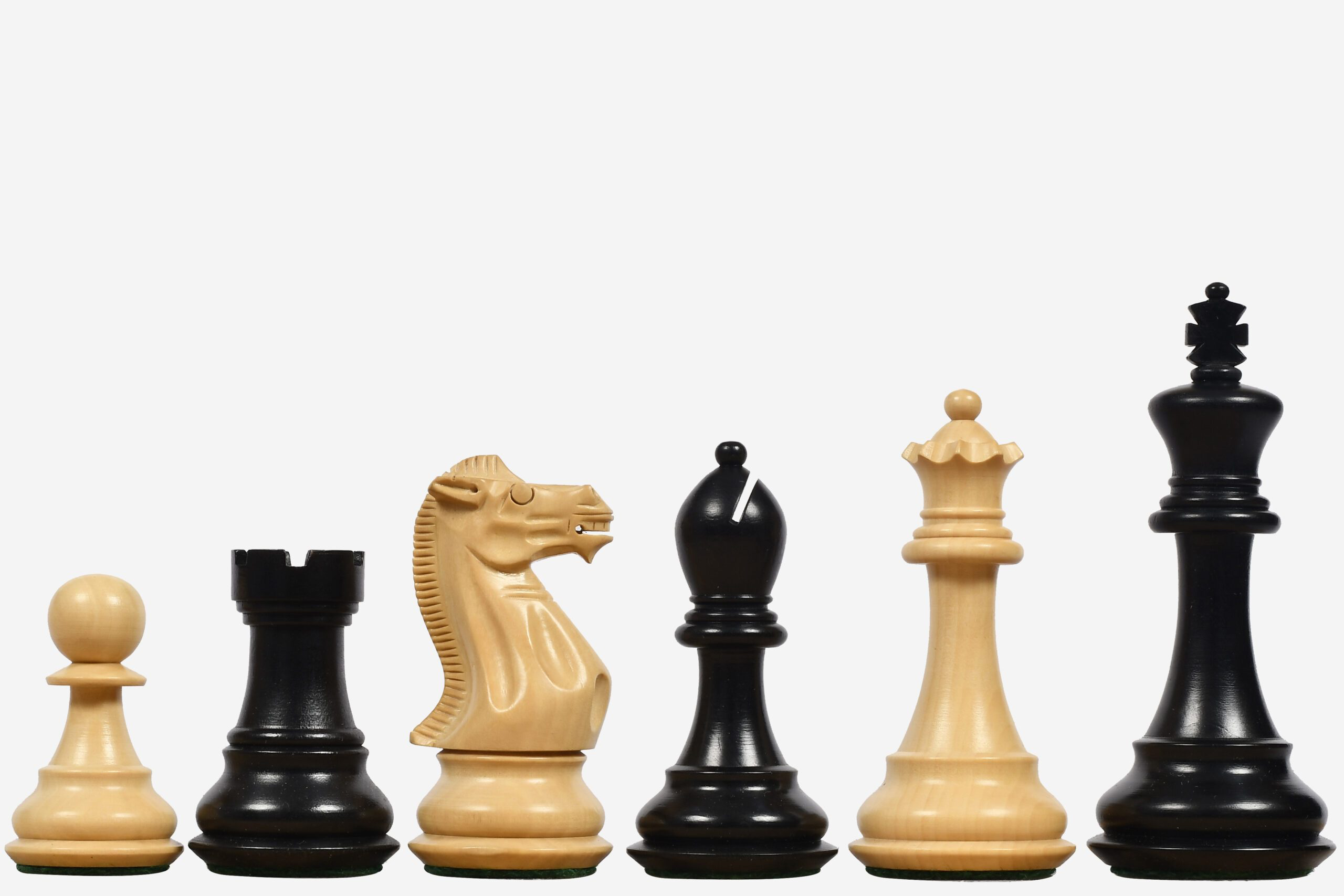
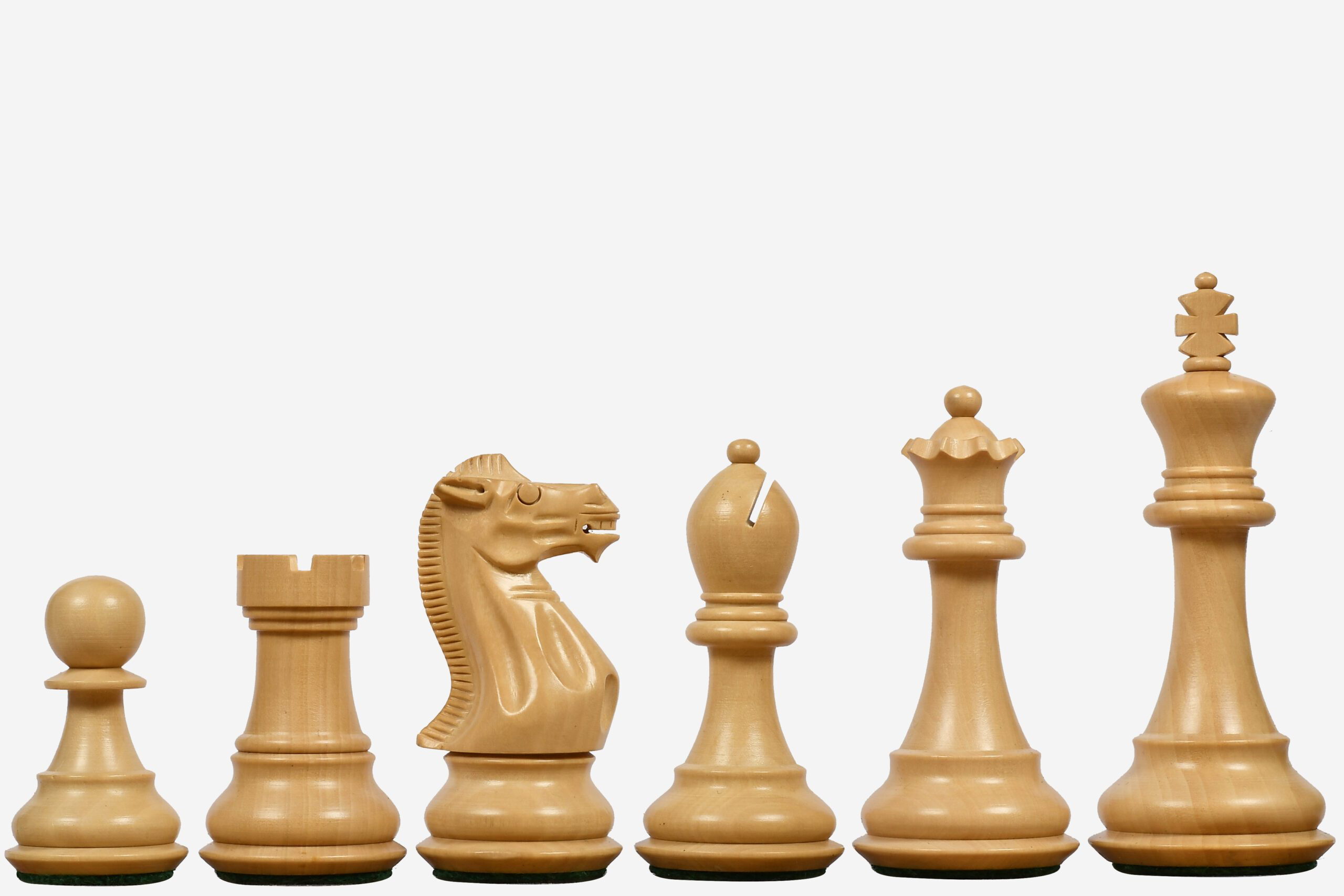
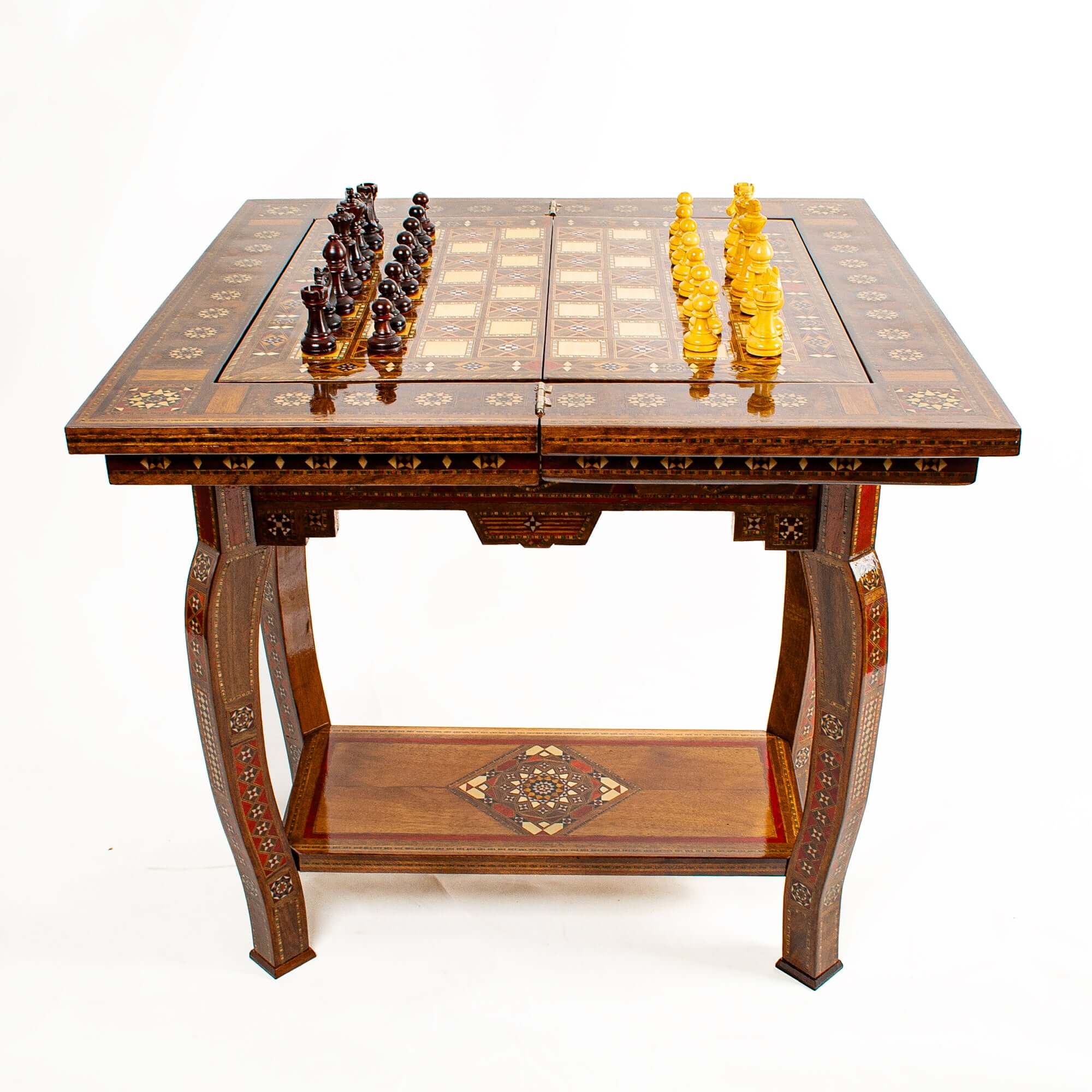

Leave a comment
All comments are moderated before being published.
This site is protected by hCaptcha and the hCaptcha Privacy Policy and Terms of Service apply.